The popular family that creates content about their life on TikTok, Instagram, and primarily YouTube intriguingly coined The LaBrant Fam is currently surrounded by media controversy due to exploiting their children online.
The LaBrant Fam has 12.9 million followers on YouTube, a combined following of 53.2 million on both parents TikTok accounts, and a combined following of 12.5 million on both parents’ Instagram accounts.
Everleigh Smith-Soutas is an eleven-year-old girl who is the main star in videos documenting her life. Her mother Savannah and stepdad Cole make and post the videos, which are viewed by millions. This has taken place since she was just three years old. Her mother and stepdad have been accused by their viewers of using her in their content for money via brand deals and monetized videos.
According to the University of Pennsylvania Law School, in the past few years kids have been a fundamental reason for the rise of eight billion dollars in the social media advertising industry. The most successful child influencers make up to 26 million dollars, yet no laws are enacted to protect their assets. Despite these considerable earnings, exposing kids to the internet puts them at risk.
The world knows not only these young children’s names but every aspect of their life. Social media is dangerous. According to an article written by Jess Weatherbad, investigations into “child influencer” accounts have found that Meta is knowingly allowing parents to exploit their children for financial gain on the platform, in some cases, using Meta’s paid subscription tools to do so. It is a space where one can upload content, and anyone can view it with little to no supervision.
Many people are highly disturbed by influencers’ posts featuring their children in a vulnerable position. TikTok’s Rachel Jonlynn posted a video of her daughter screaming in the middle of a restaurant. The video was not received well by its viewers, many leaving hateful comments, and was taken down shortly after being uploaded. People were shaming Jonlynn for prioritizing filming instead of her child and exposing her daughter to people on the internet while she was in a vulnerable position.
The mom responded by explaining how her daughter consented to all the videos she posted. However, her kid is only three and cannot comprehend that thousands of strangers can view her and will have unlimited access to that video.
Jonlynn, and other parents of child influencers, are posting content of their kids that violates their fundamental rights, such as the right to privacy, the right to informed consent, and the right to digital safety.
Furthermore, lawmakers should be passing bills to protect the income child influencers generate. There has been little help, however, to create a change in the exploitation of kids on social media.
Congress passed bill S.1291, making it illegal for children under thirteen to create social media accounts. Family Channels, however, do not have to worry. This law does not affect the ability to post your children under an account operated by their guardian. Implicit inappropriate content can still be created and viewed by anyone fourteen and up.
Jacquelyn Paul is the mother of 4-year-old Wren Paul. Wren has been posting on Jacquelyn’s TikTok since she was a few months old. She quickly gained thousands of followers and now, five years later, has over 16 million.
At first, her content seemed wholesome and innocent. Paul would post funny and relatable mother-daughter videos but it has taken a drastic turn over the years. Her mother now posts subtle, explicit videos of Wren. Though one cannot say the mother does this on purpose, she has thousands of comments from the public reaching out regarding her daughter’s safety.
The main concern is the amount of saves Wren’s videos generate. A study done by the New York Times found that engagement and saves in videos posted by parent-managed accounts often come from men who admit to feeling attracted toward children on the accounts.
The internet is not a place where children can thrive. The popularization of media platforms exposes children to many potential risks, and they cannot understand the effects and dangers of social media. Parents who post their children should understand these risks and those in power should take kids safety on the internet much more seriously.
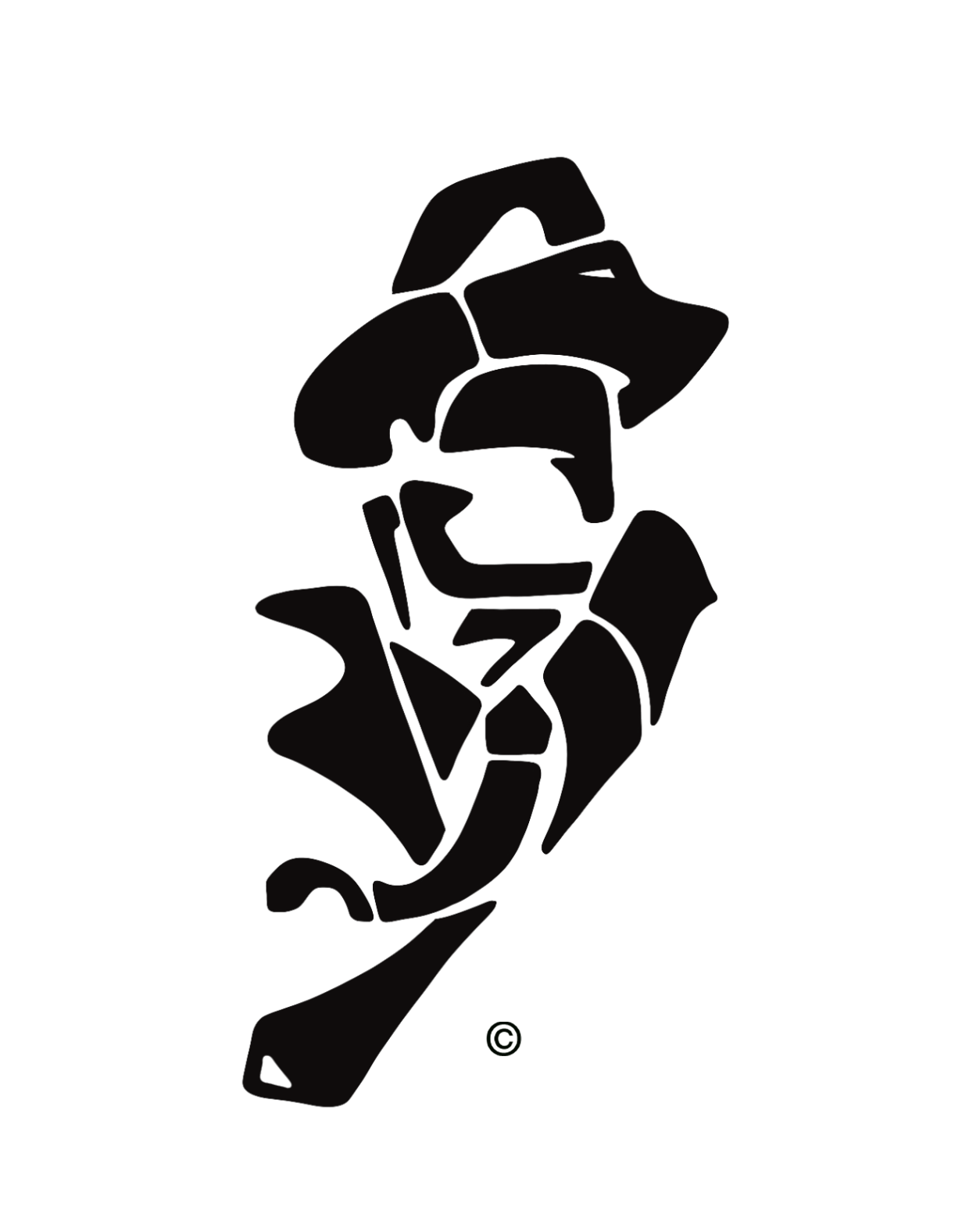



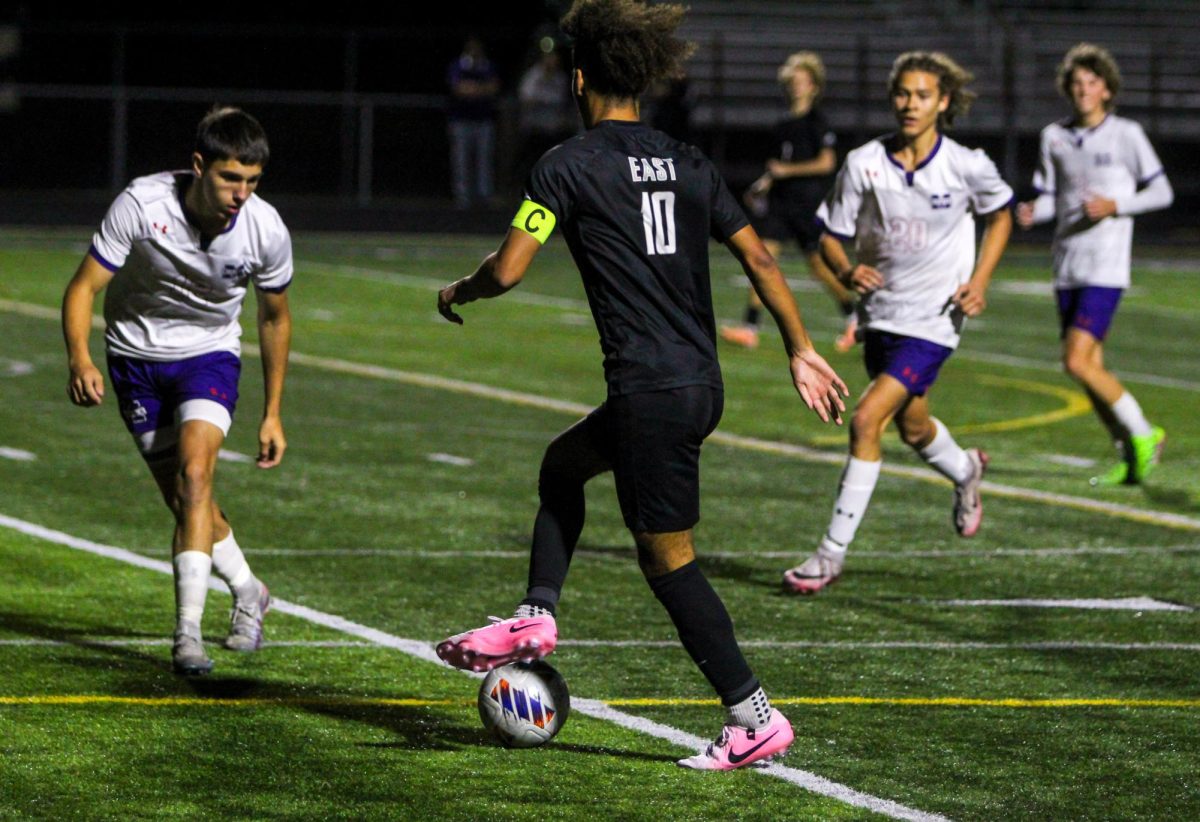
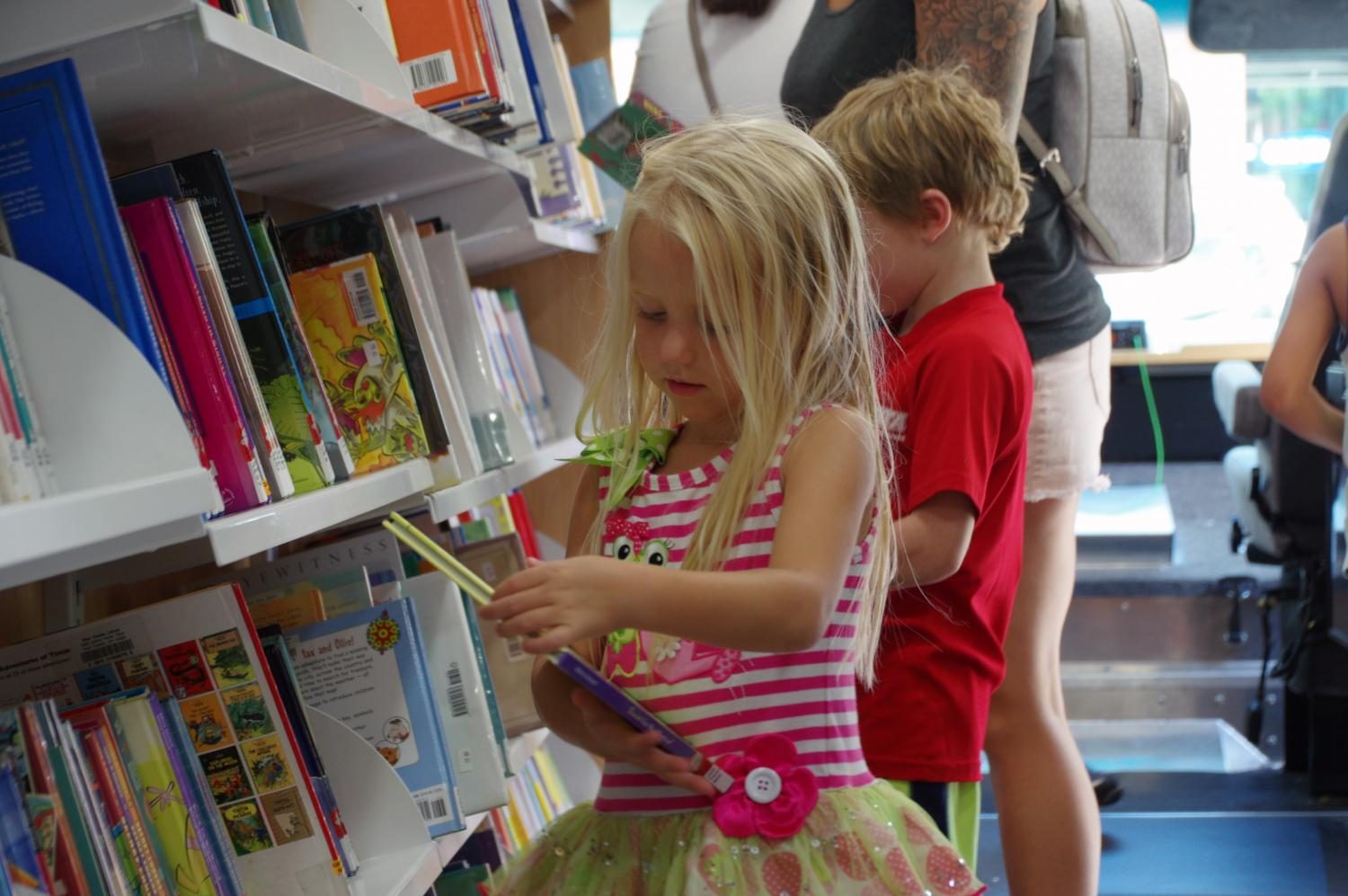

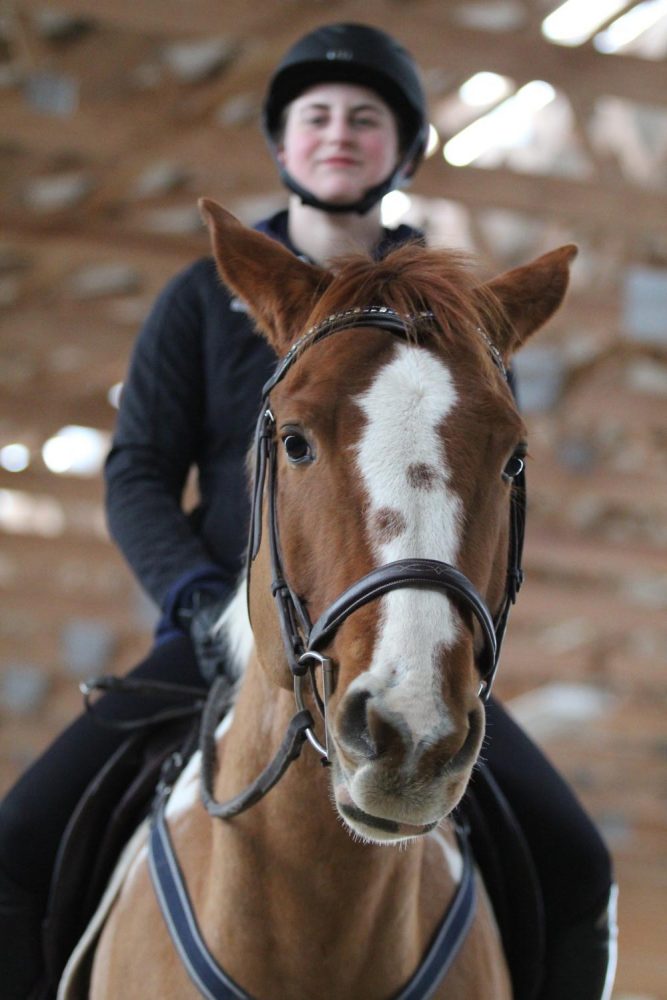

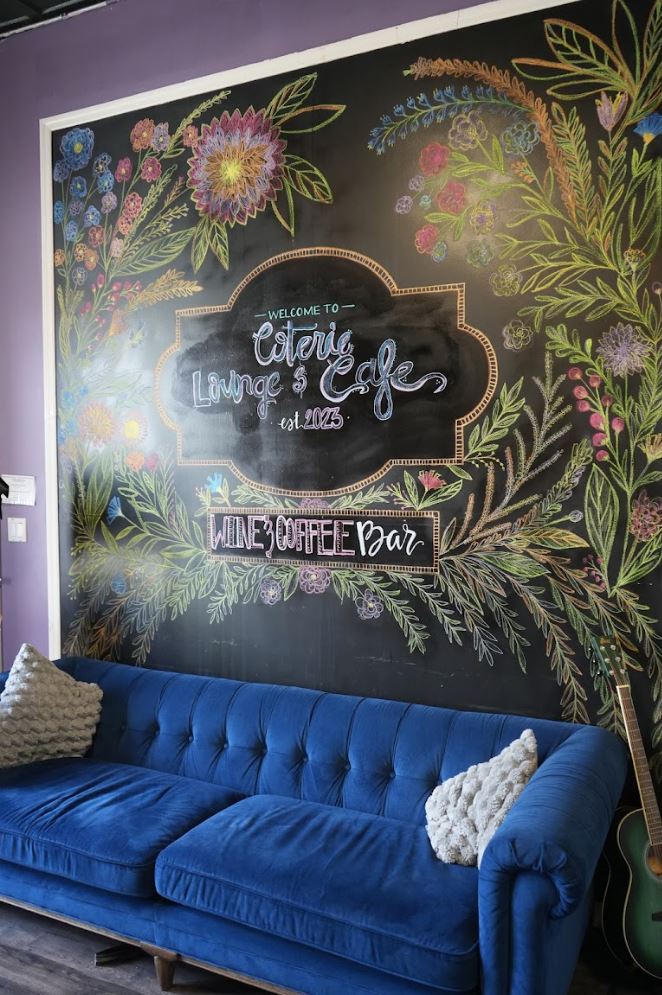

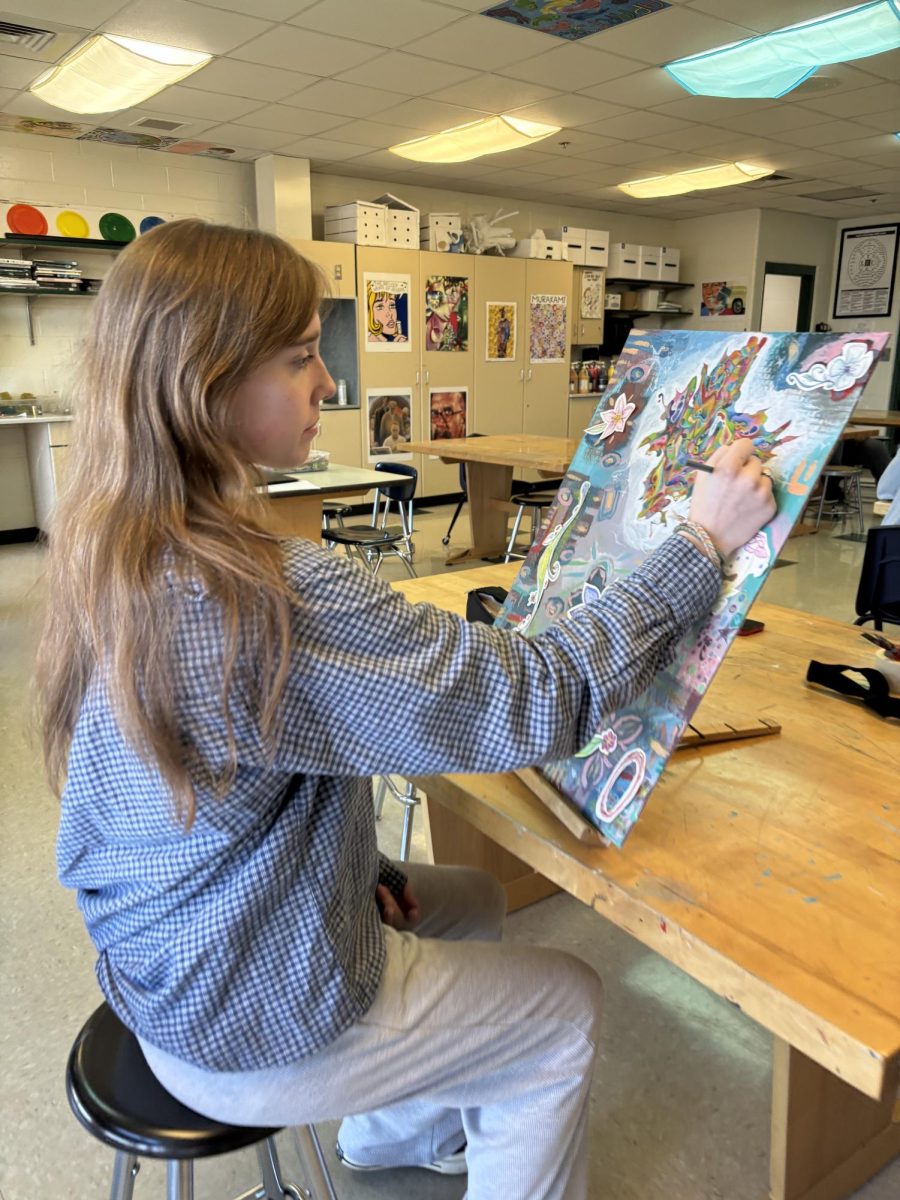

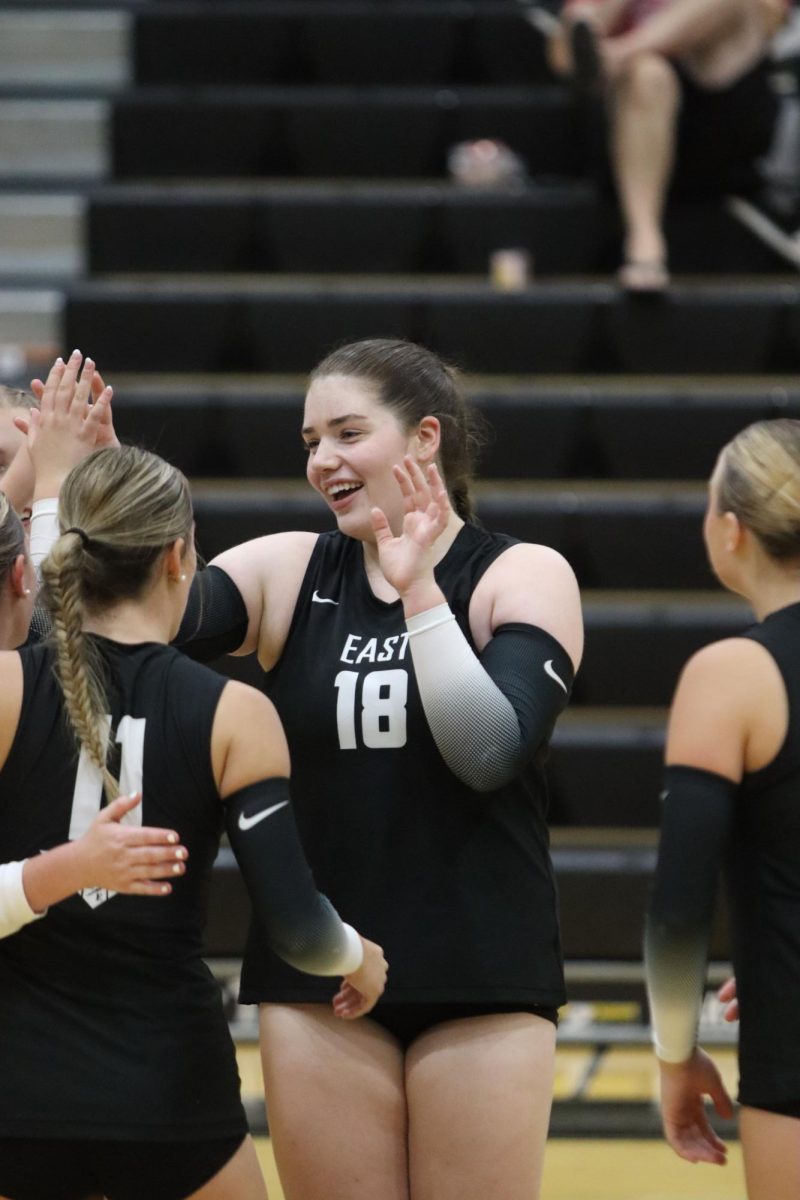

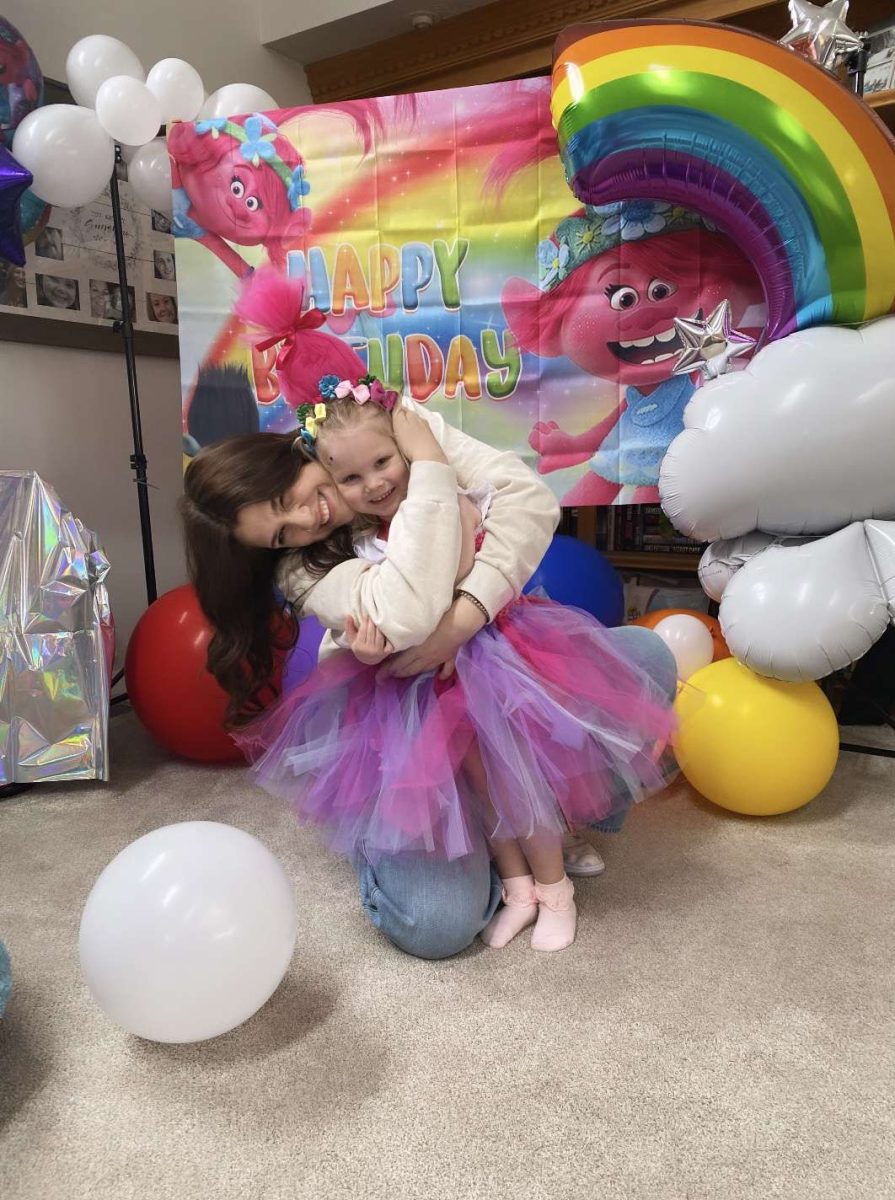

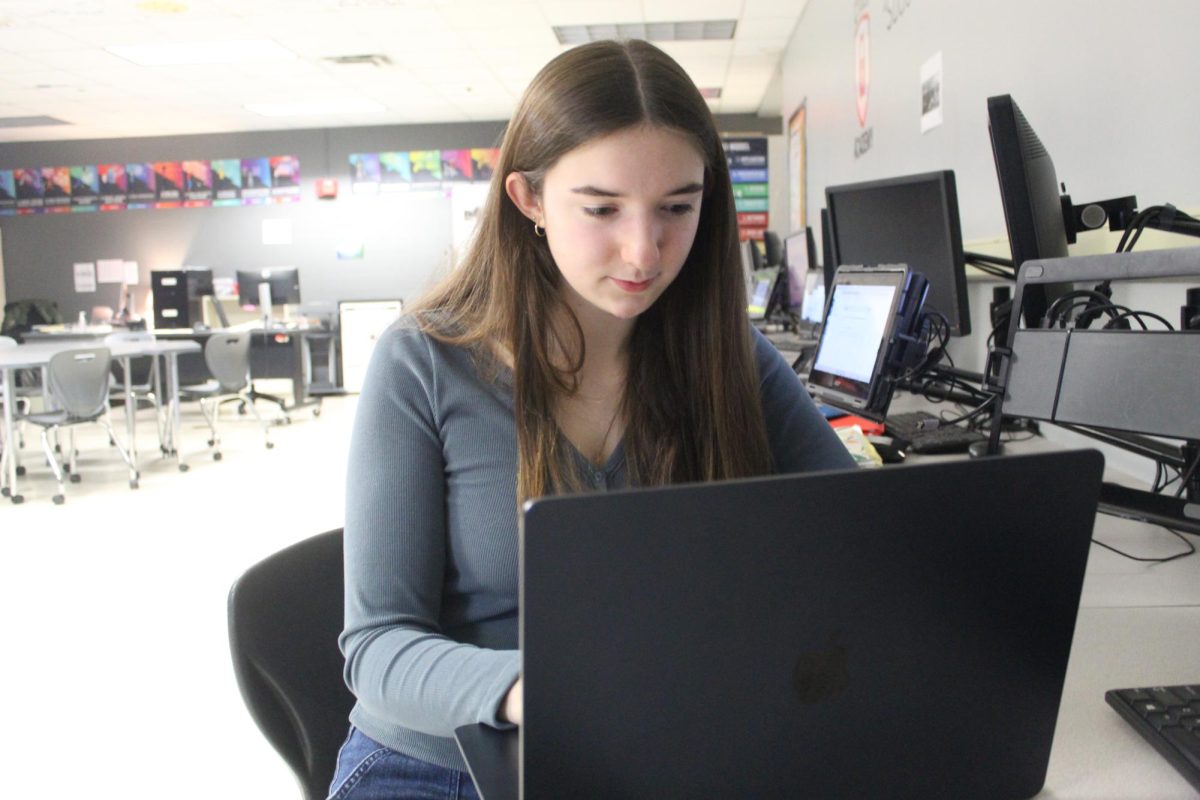


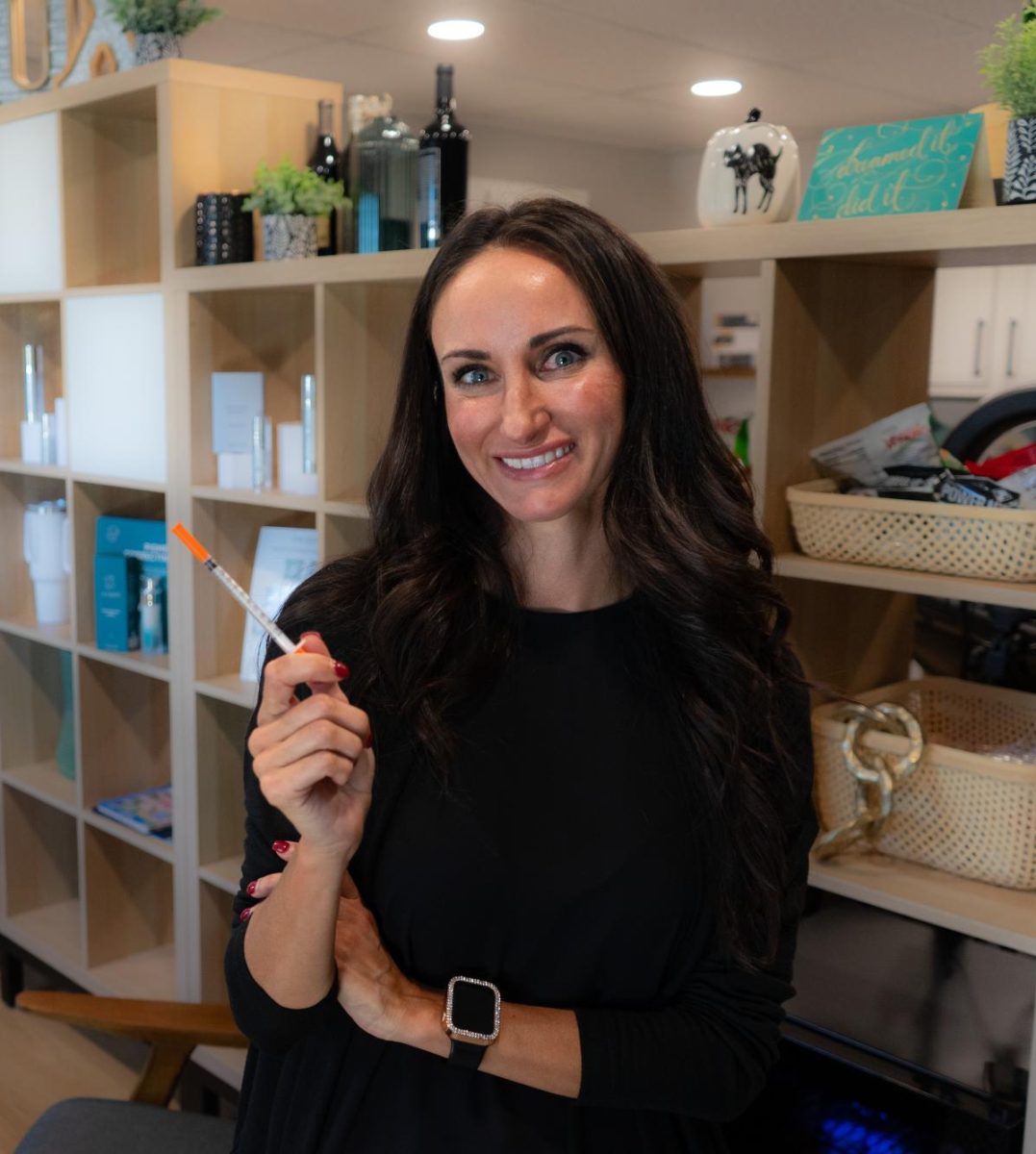
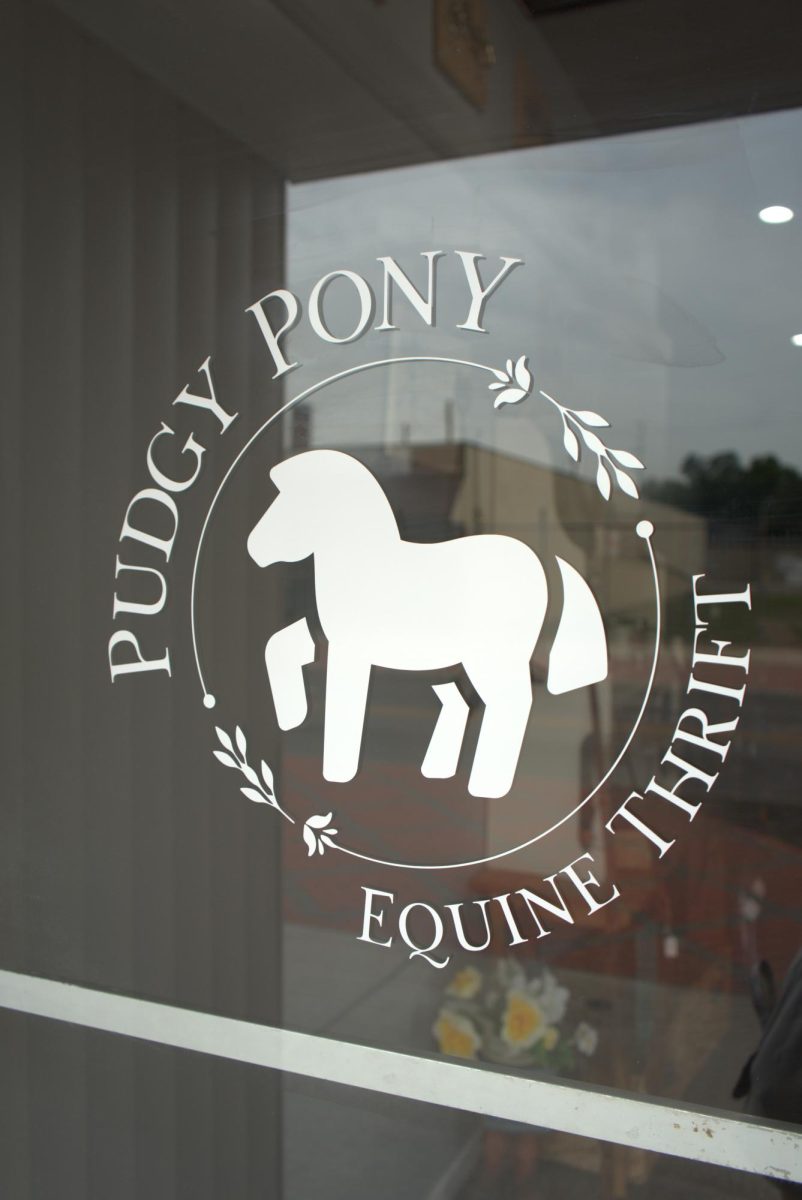
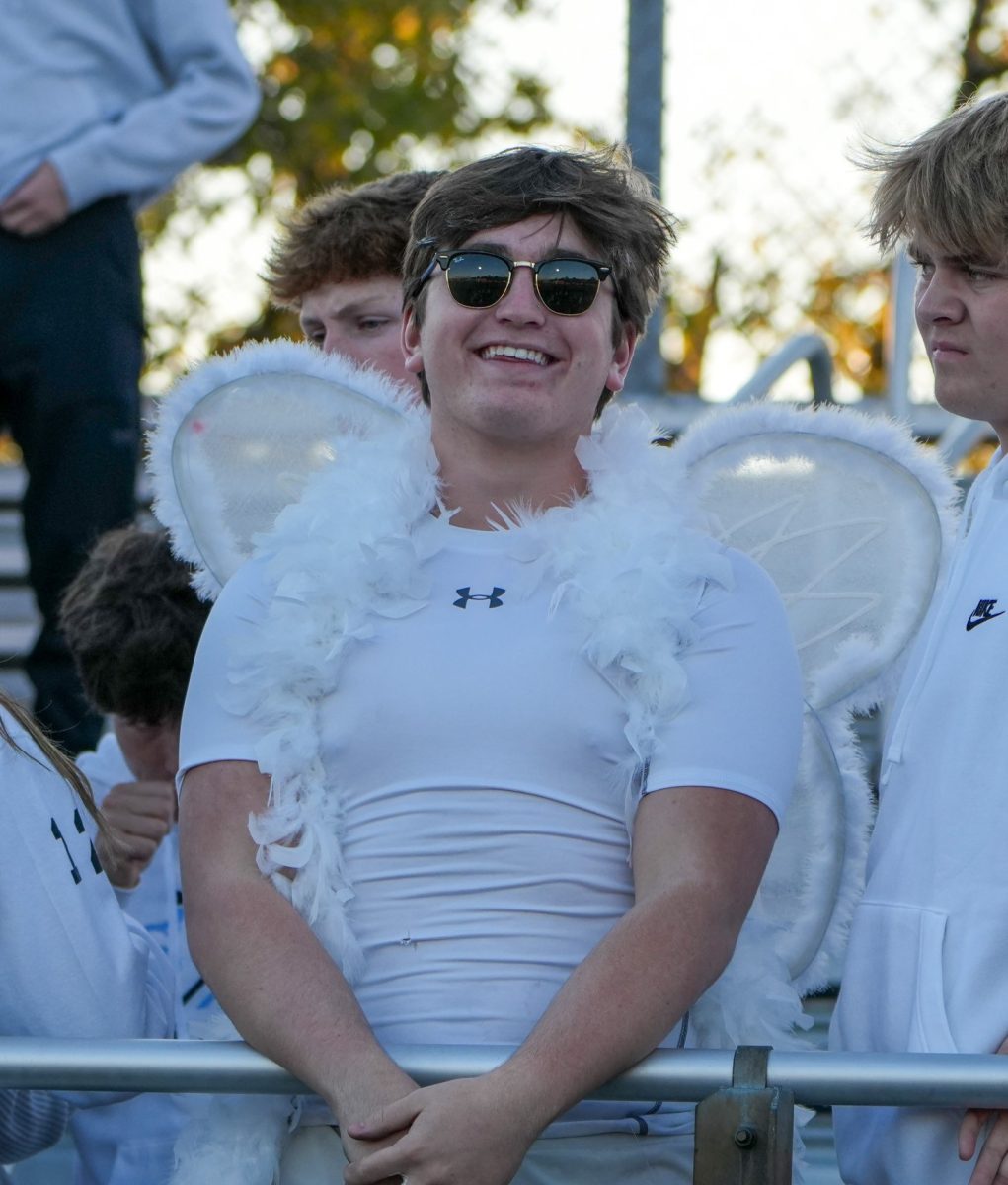


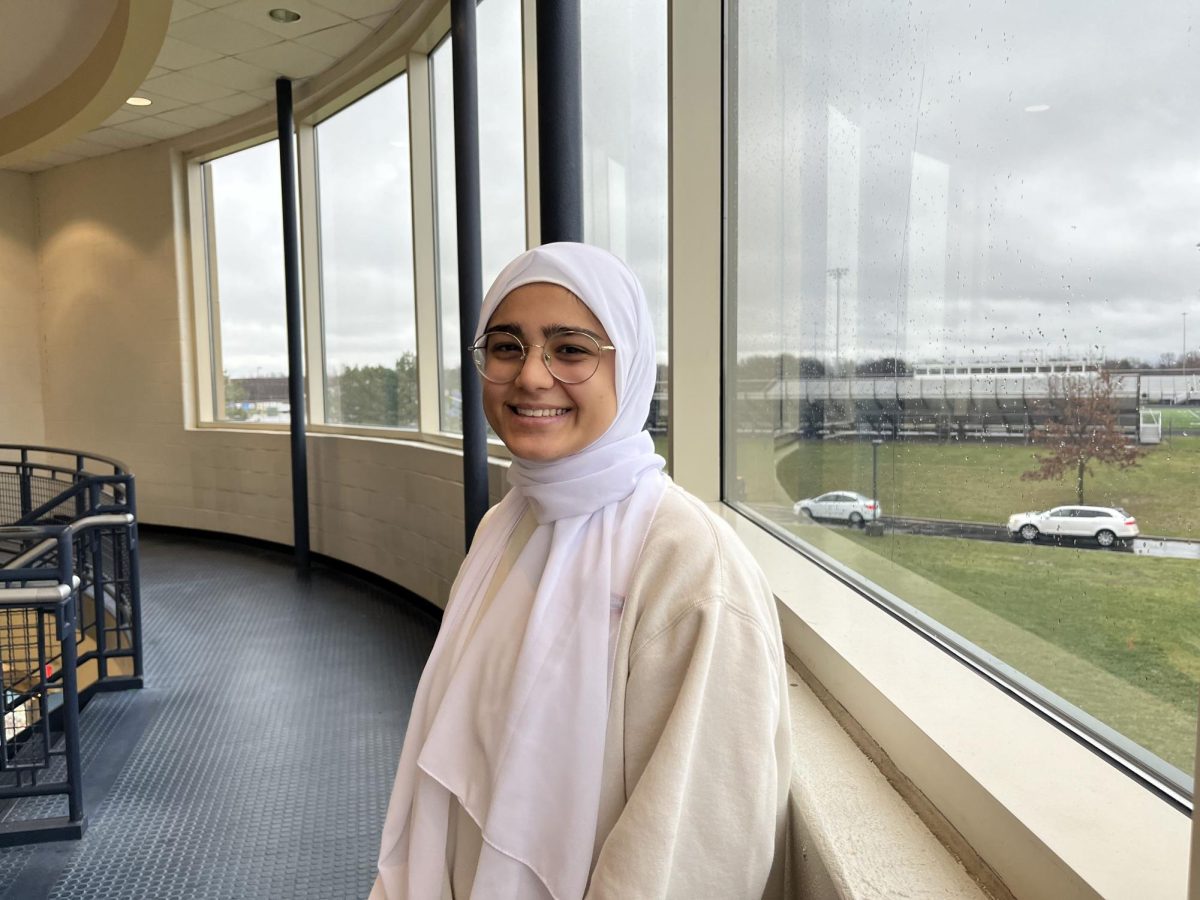
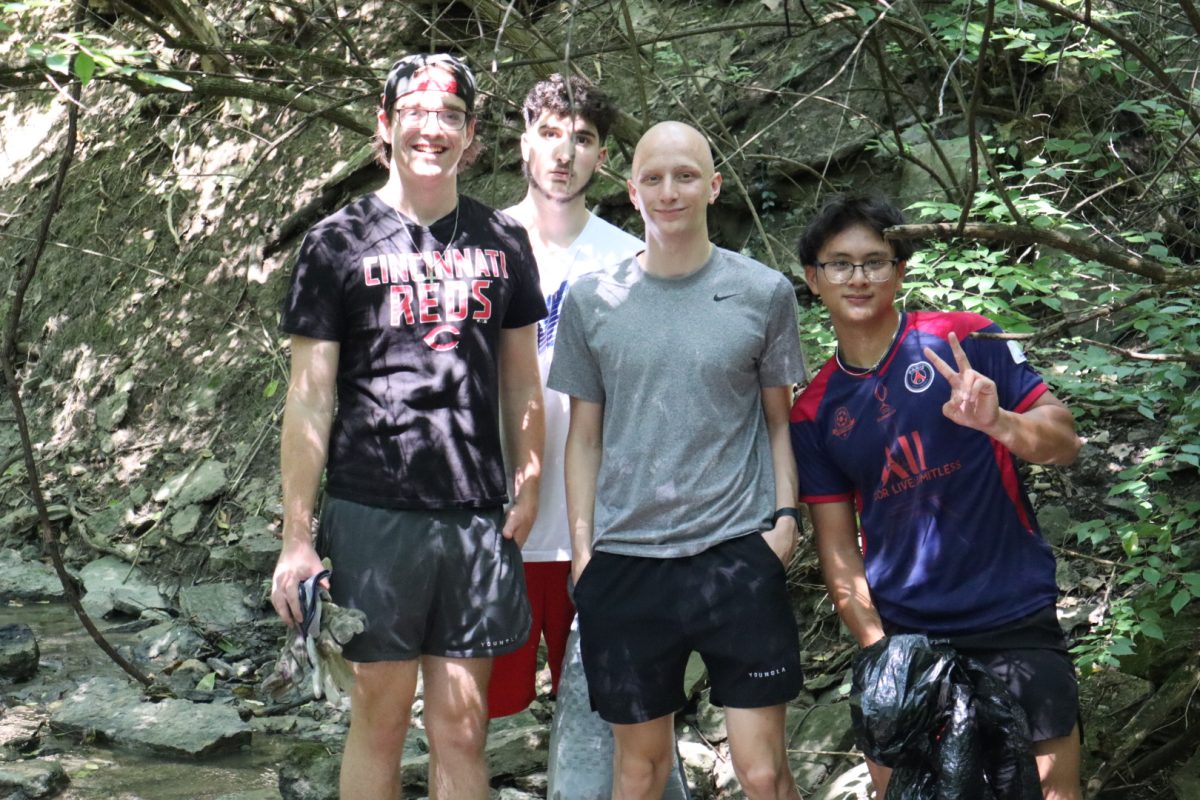







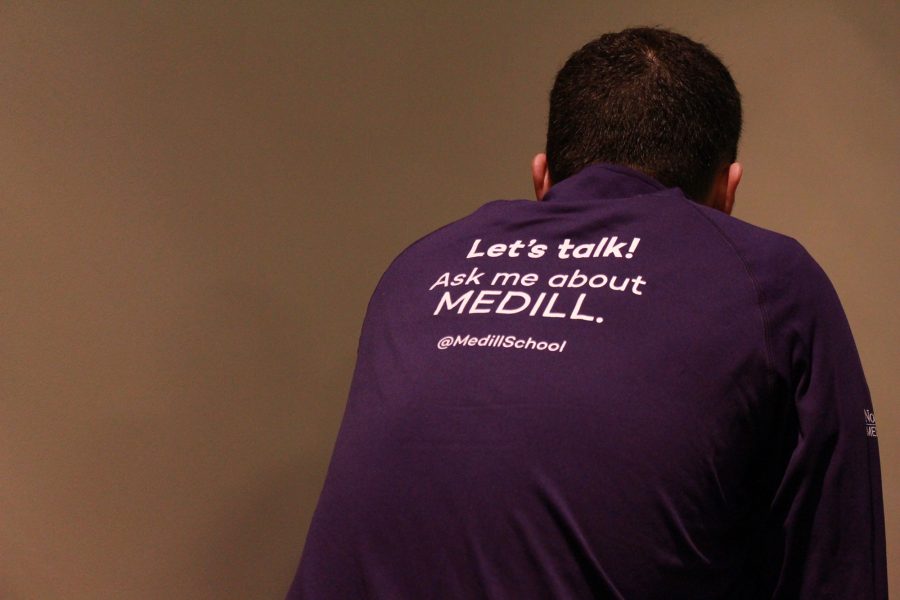
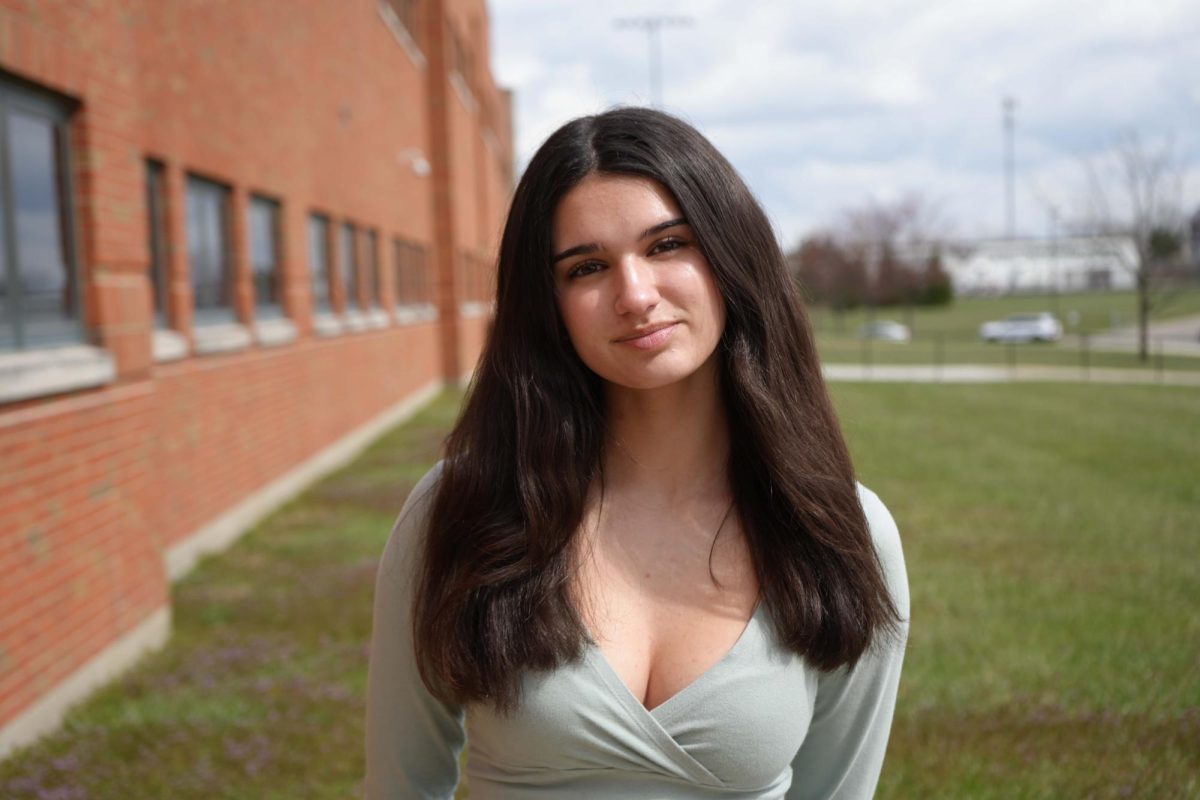
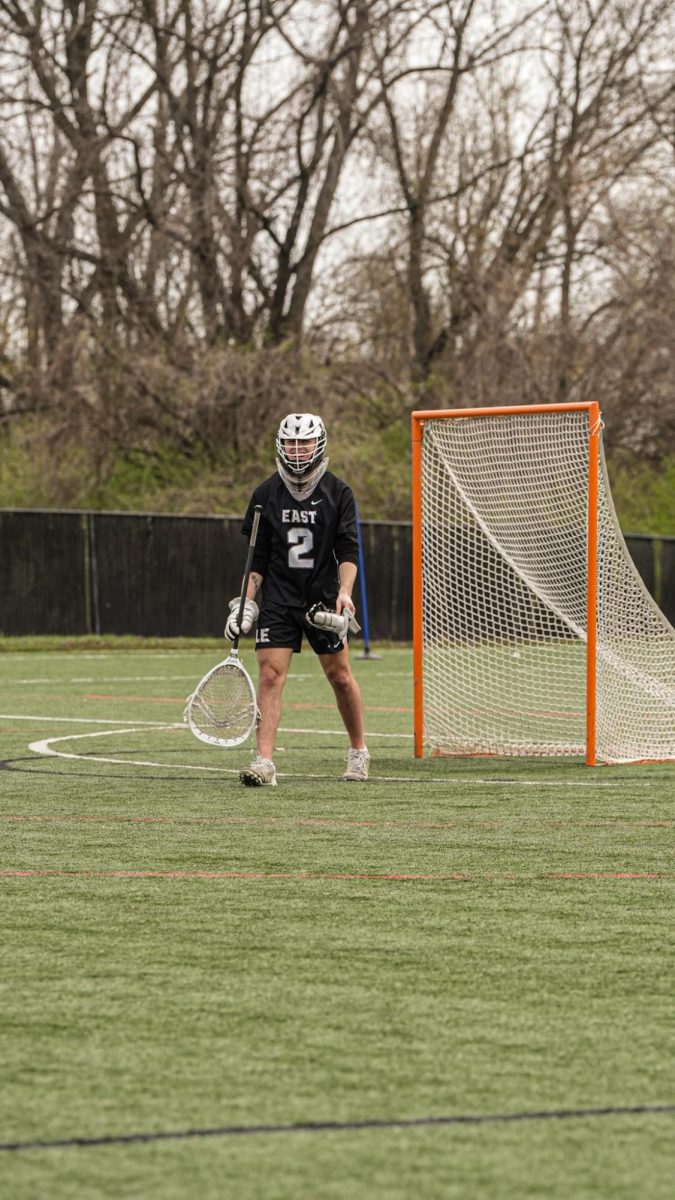











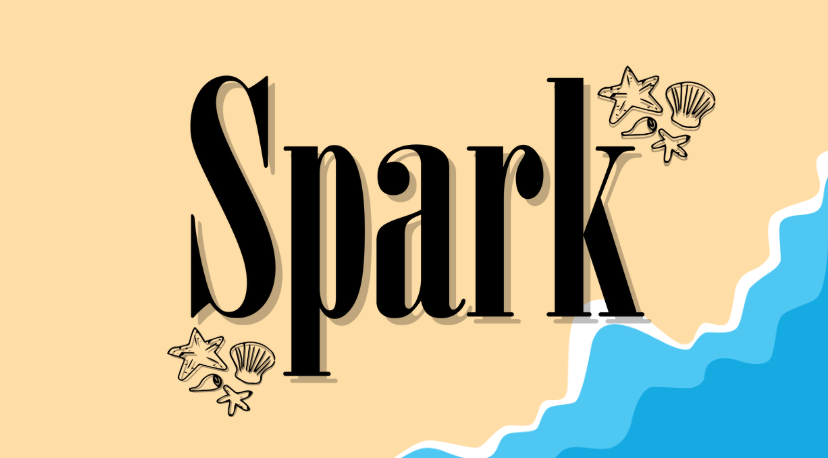
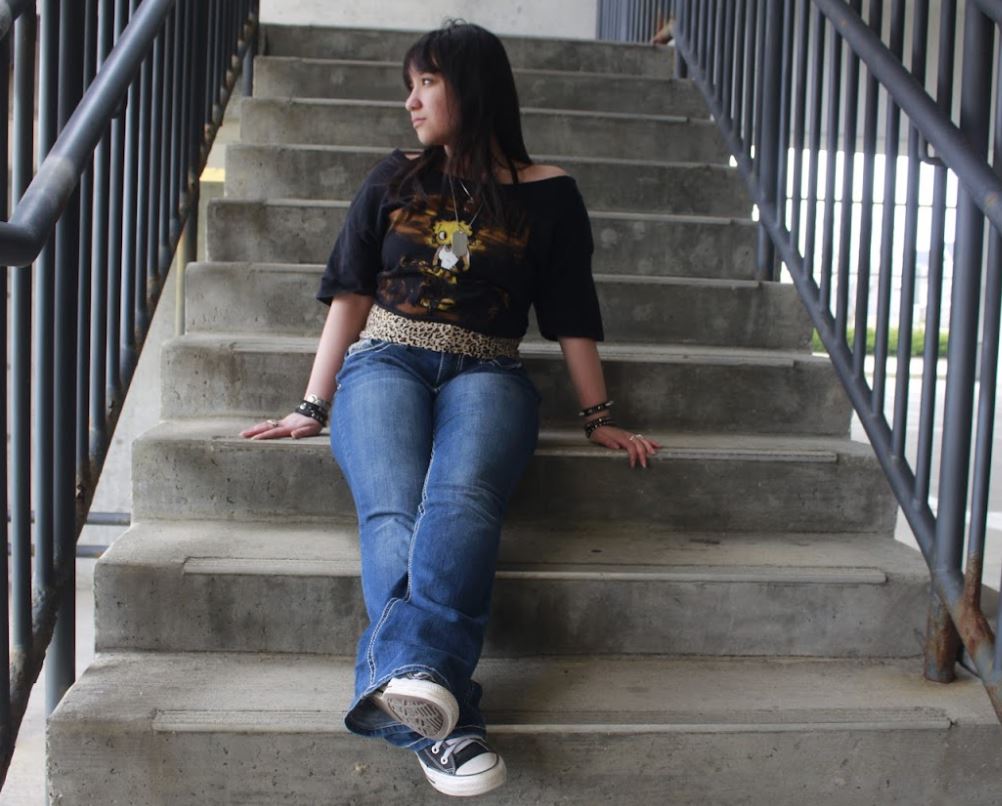


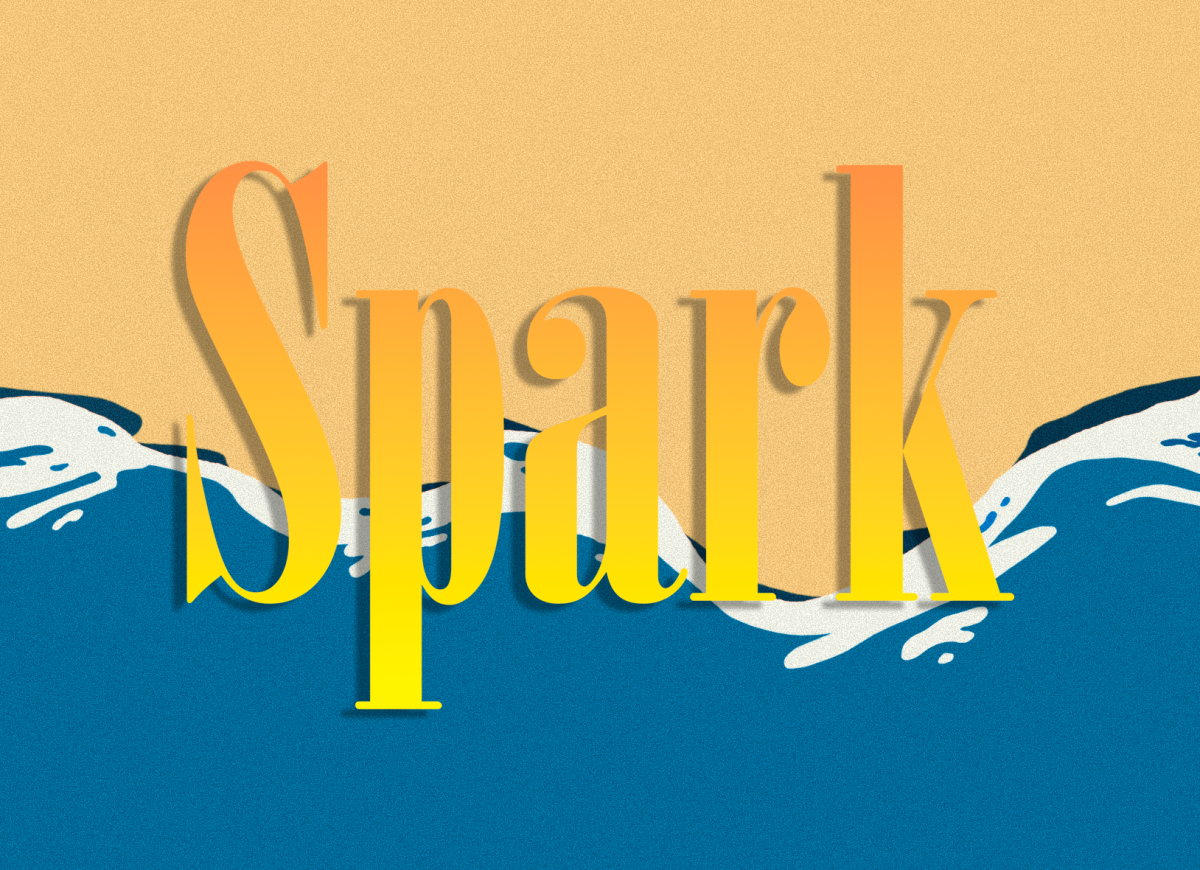
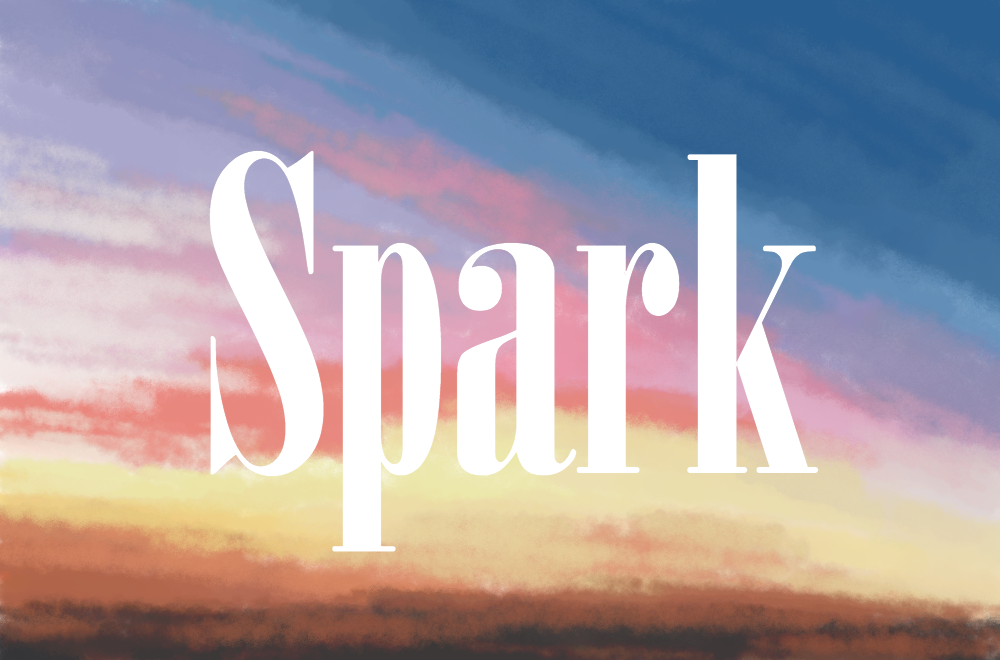






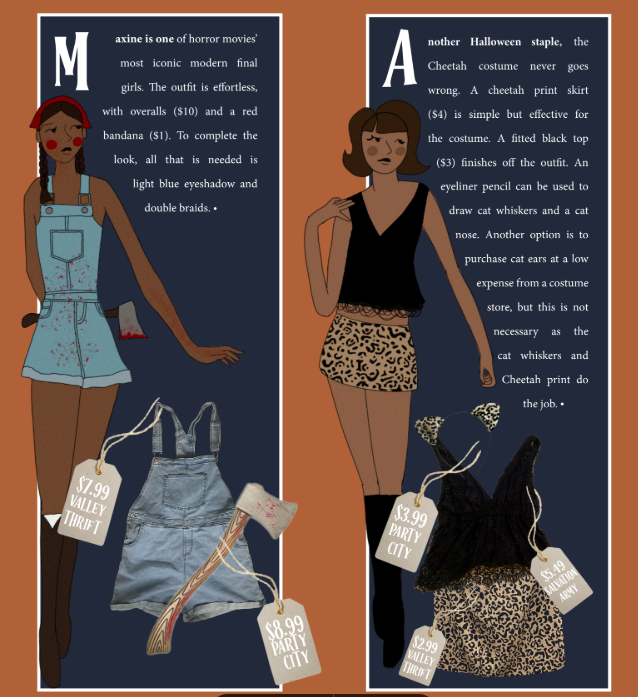






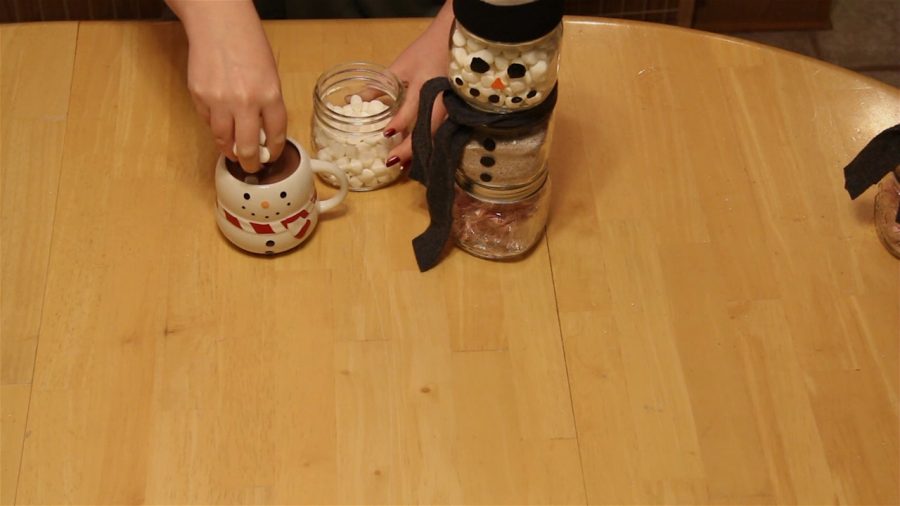
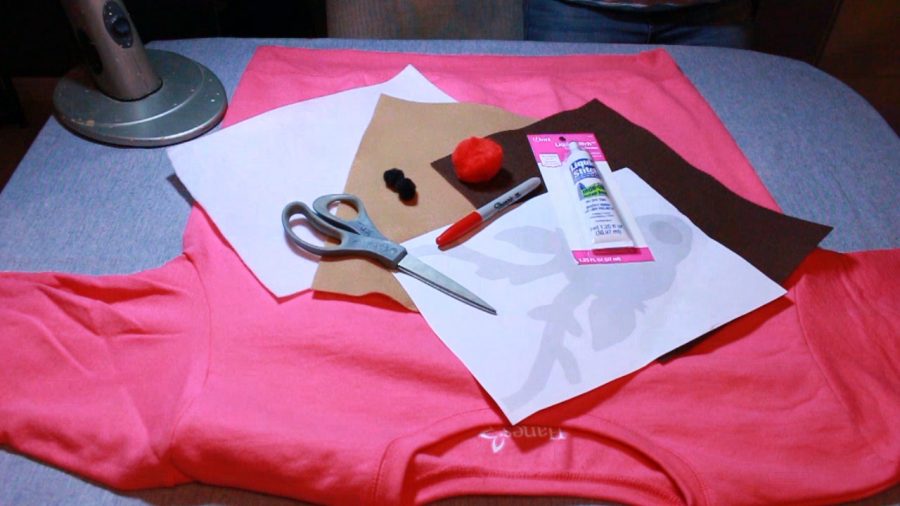
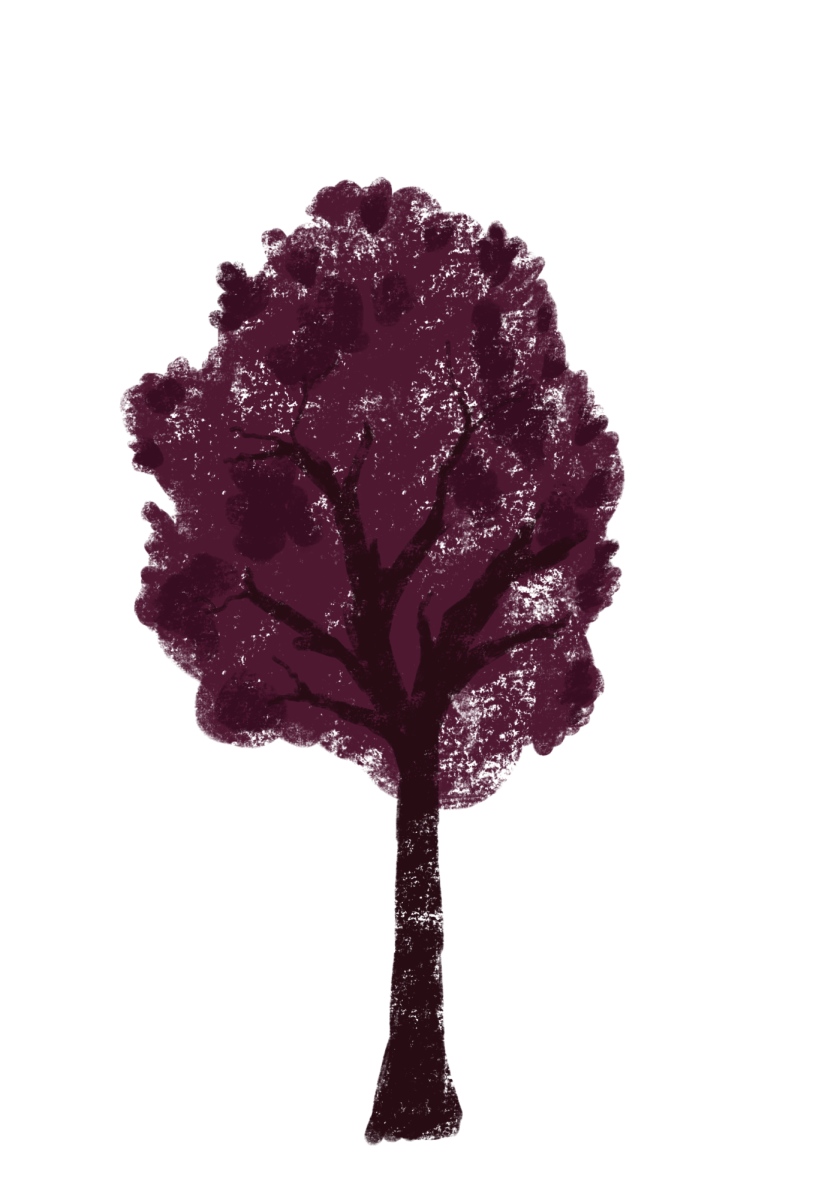

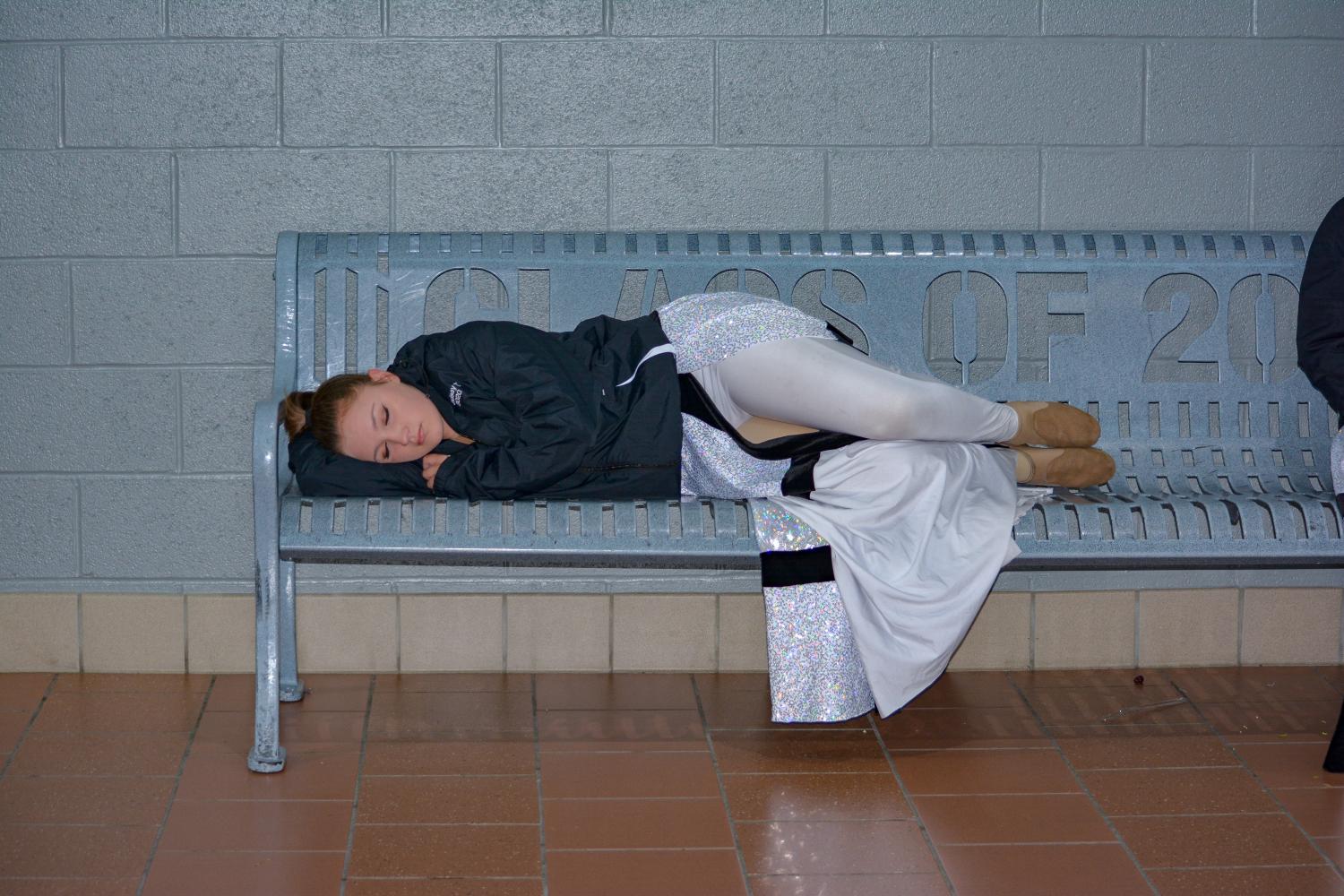
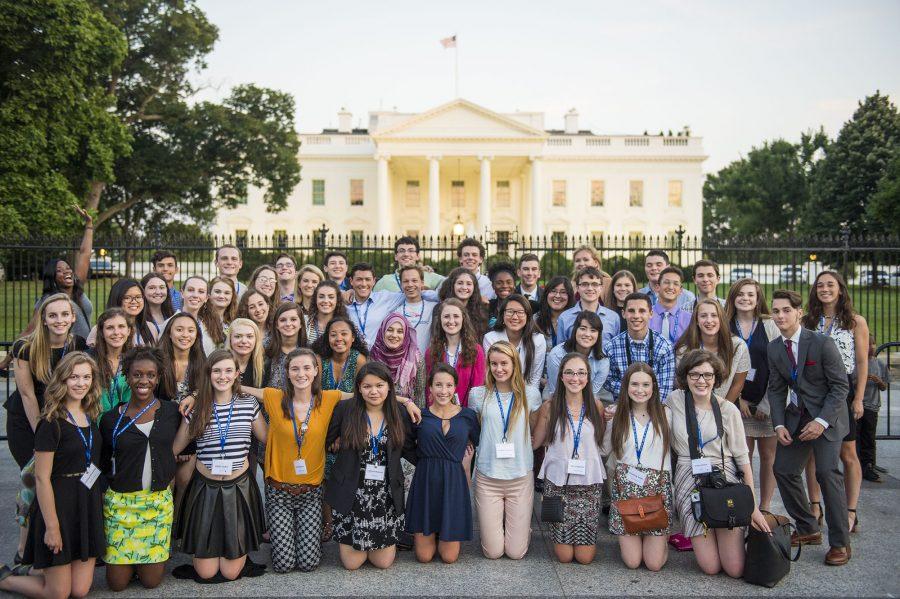

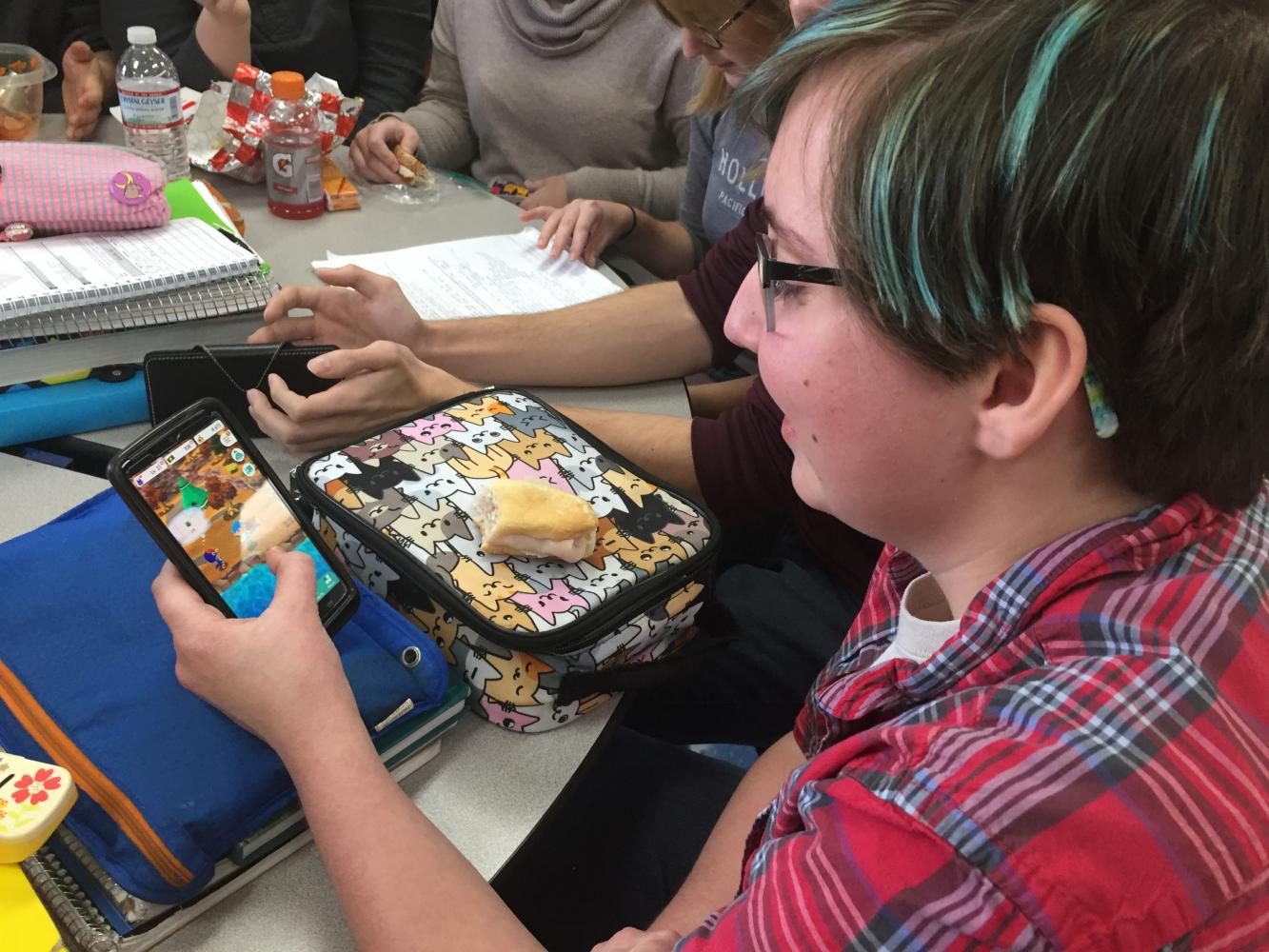
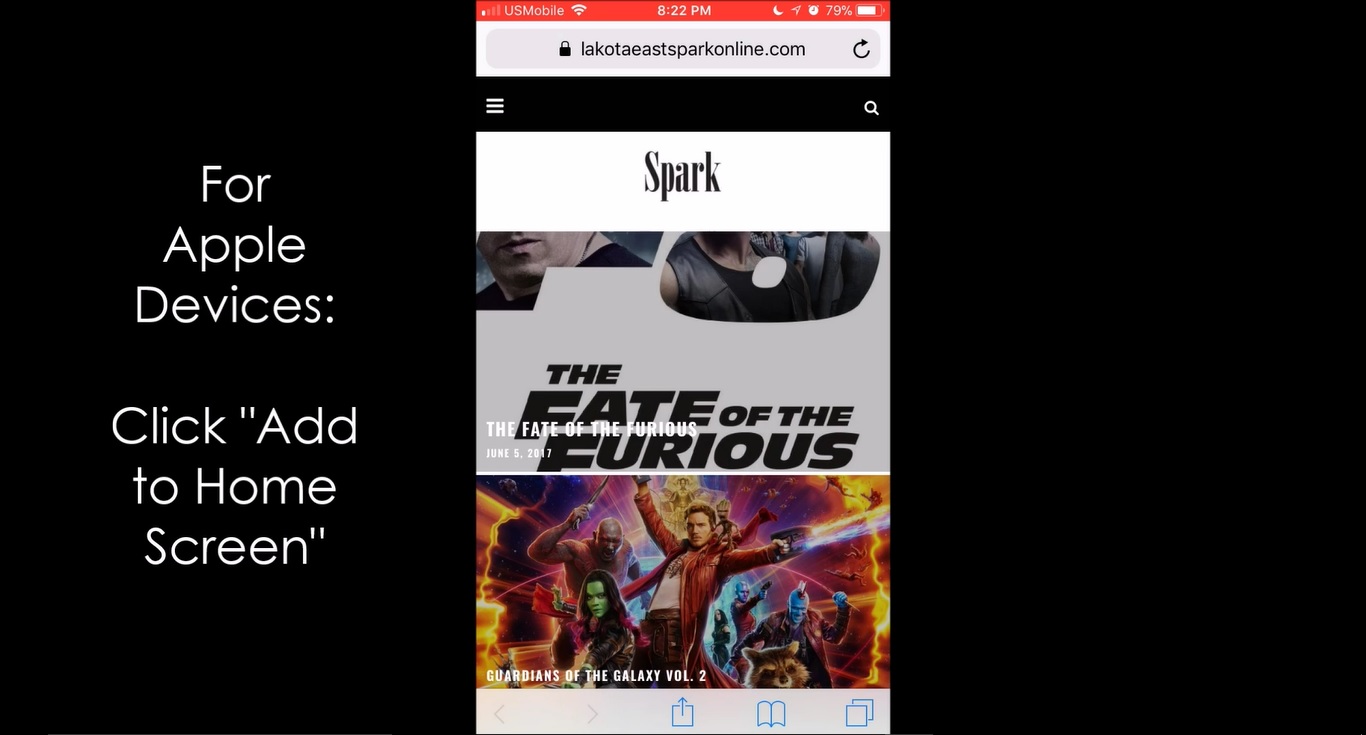

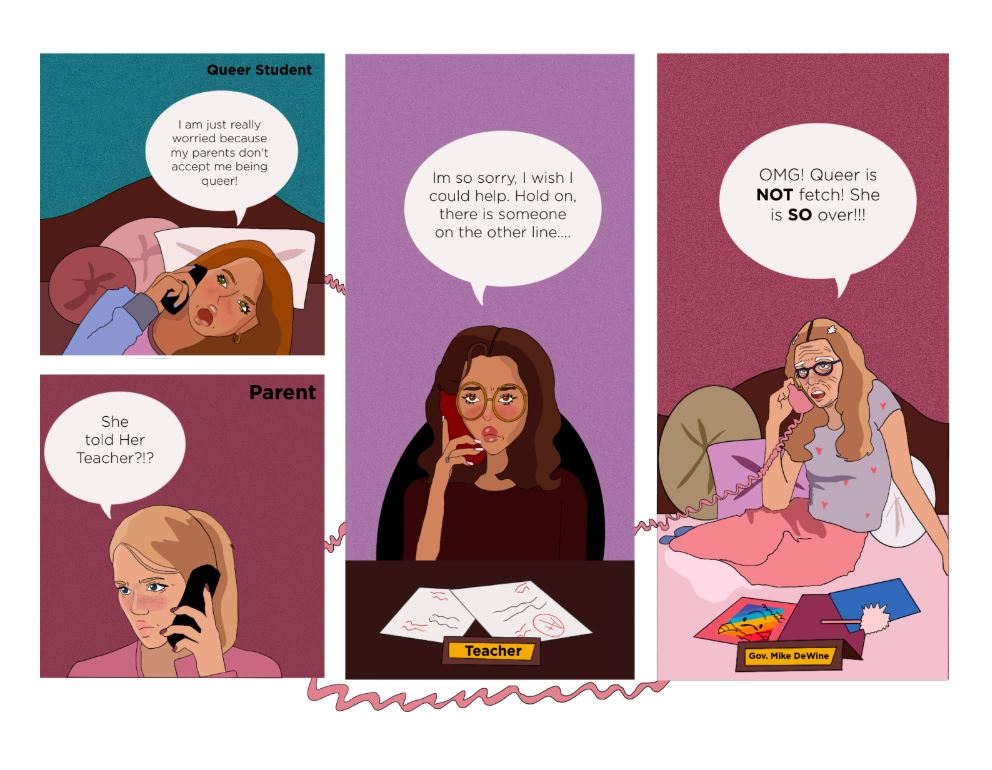
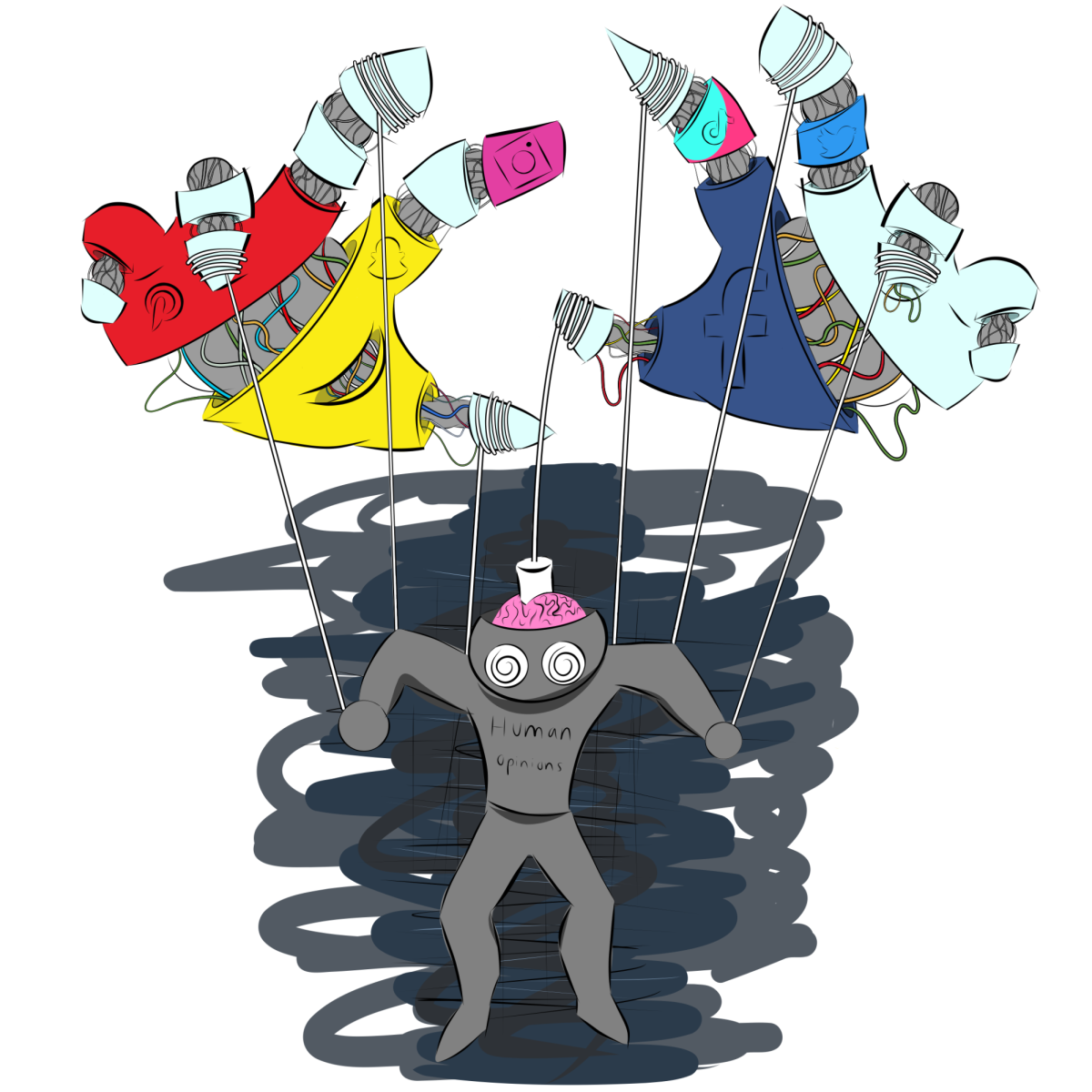

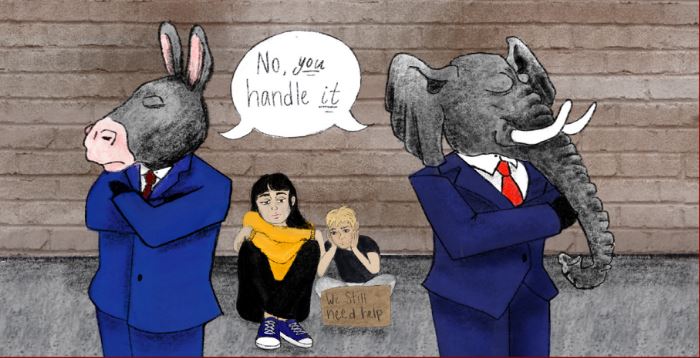
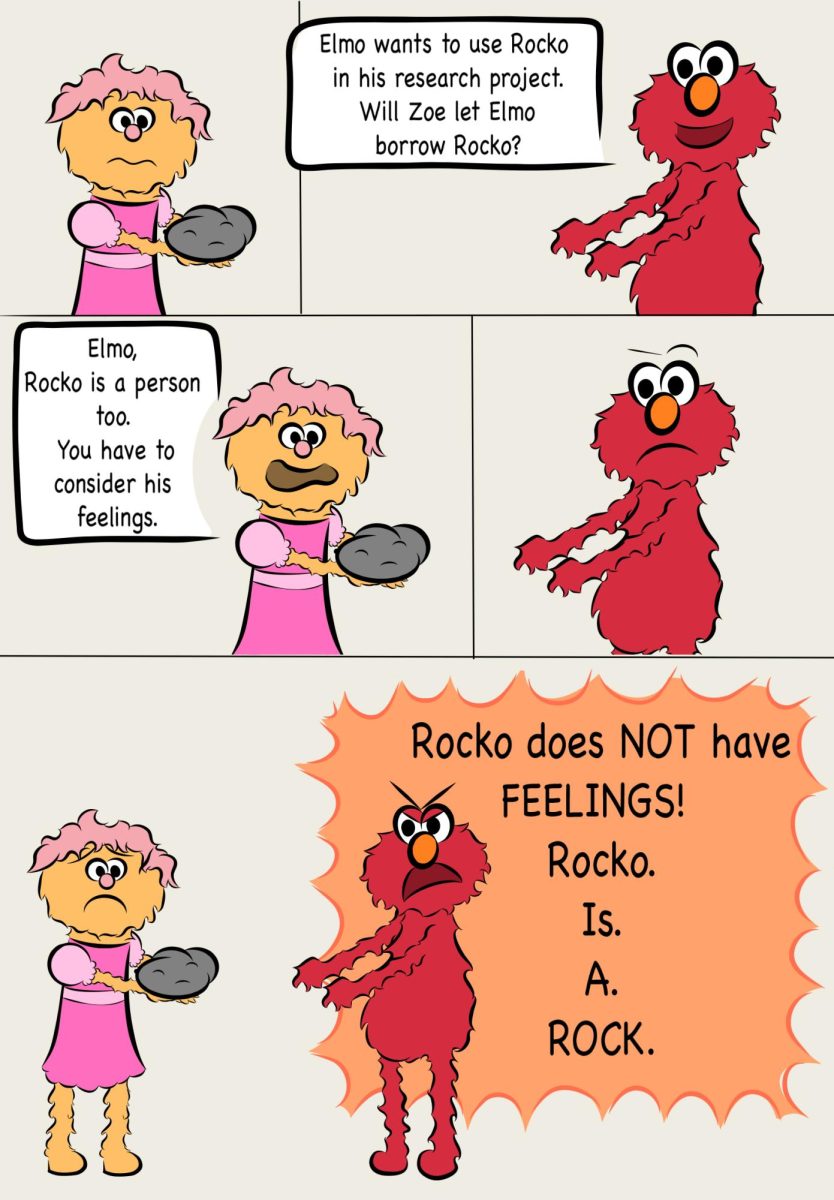

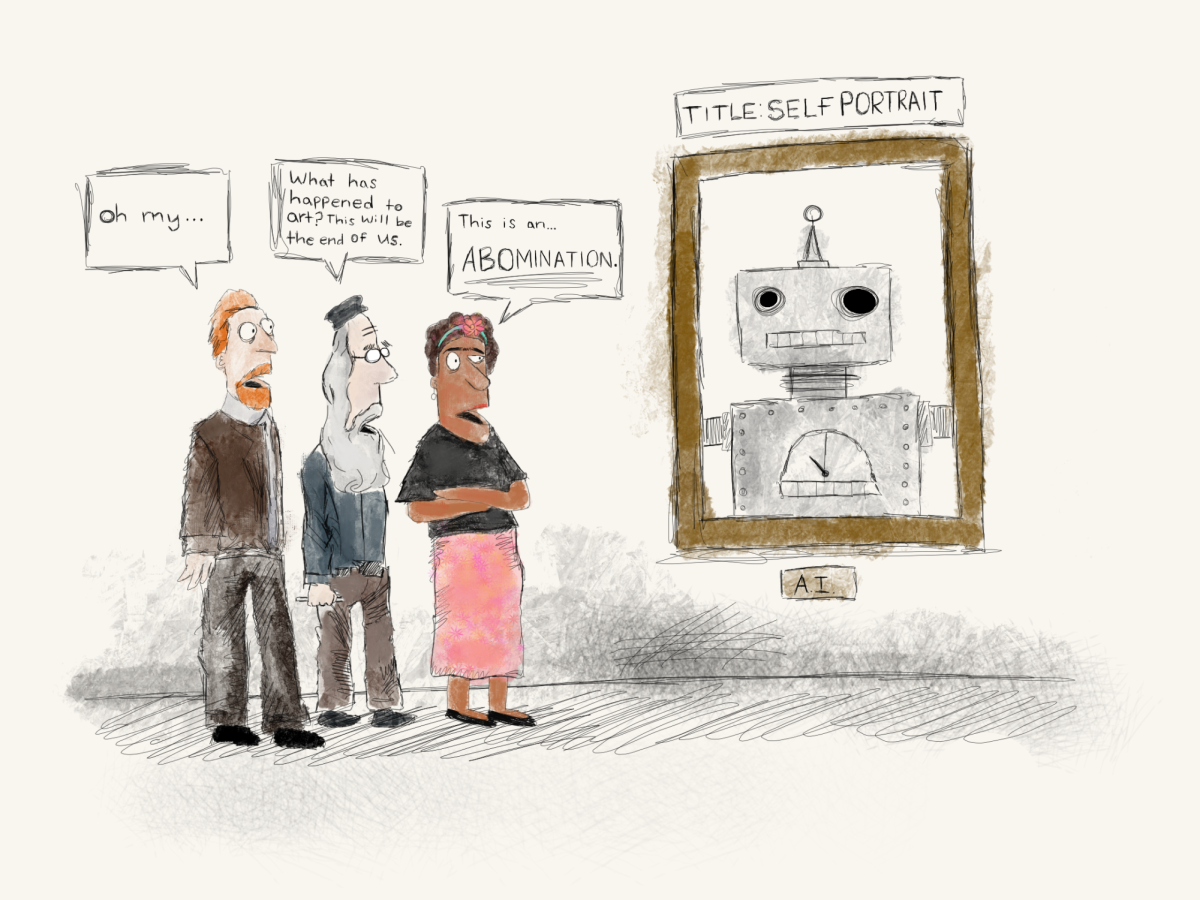

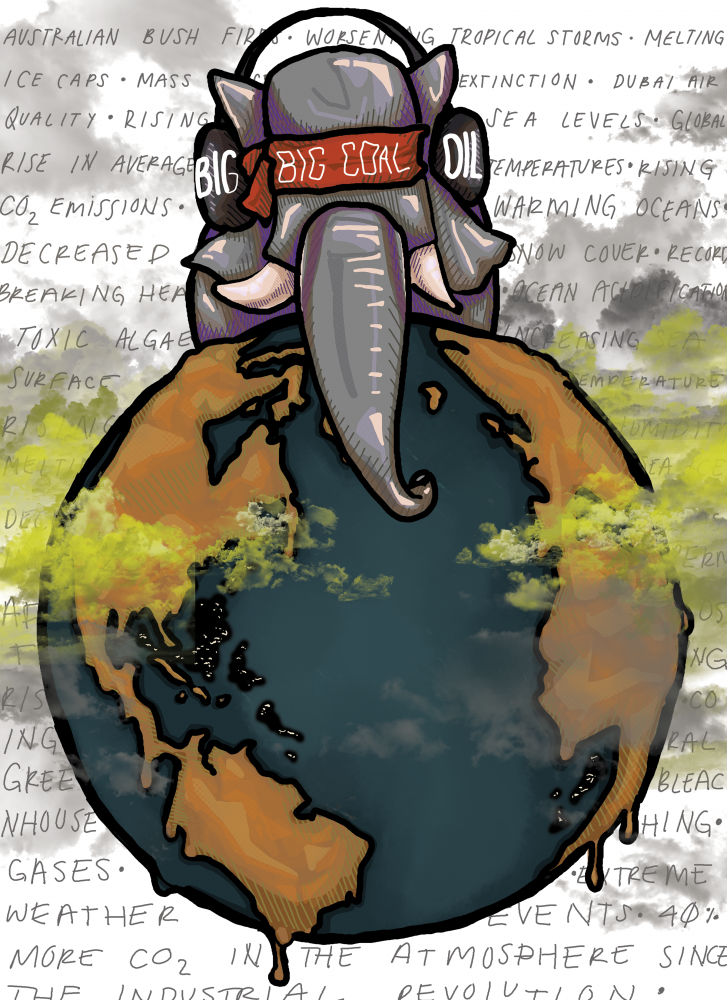
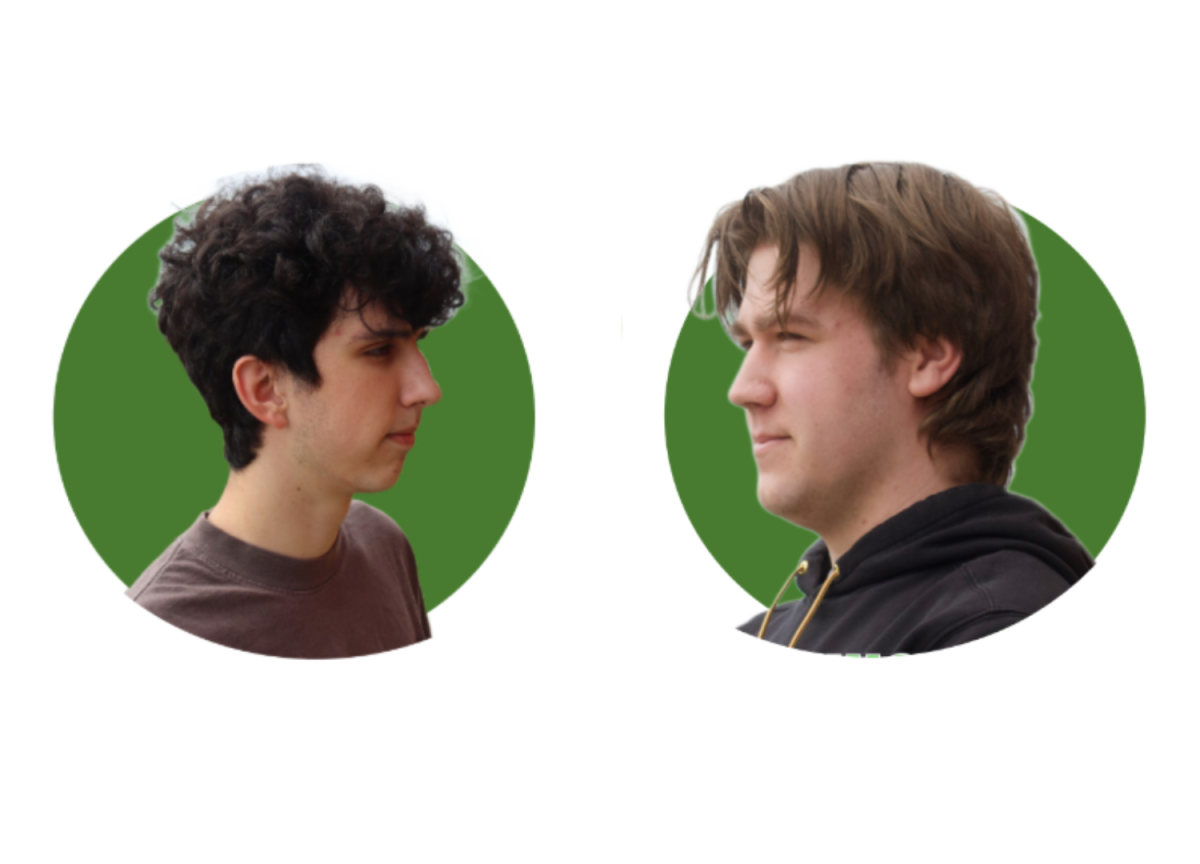
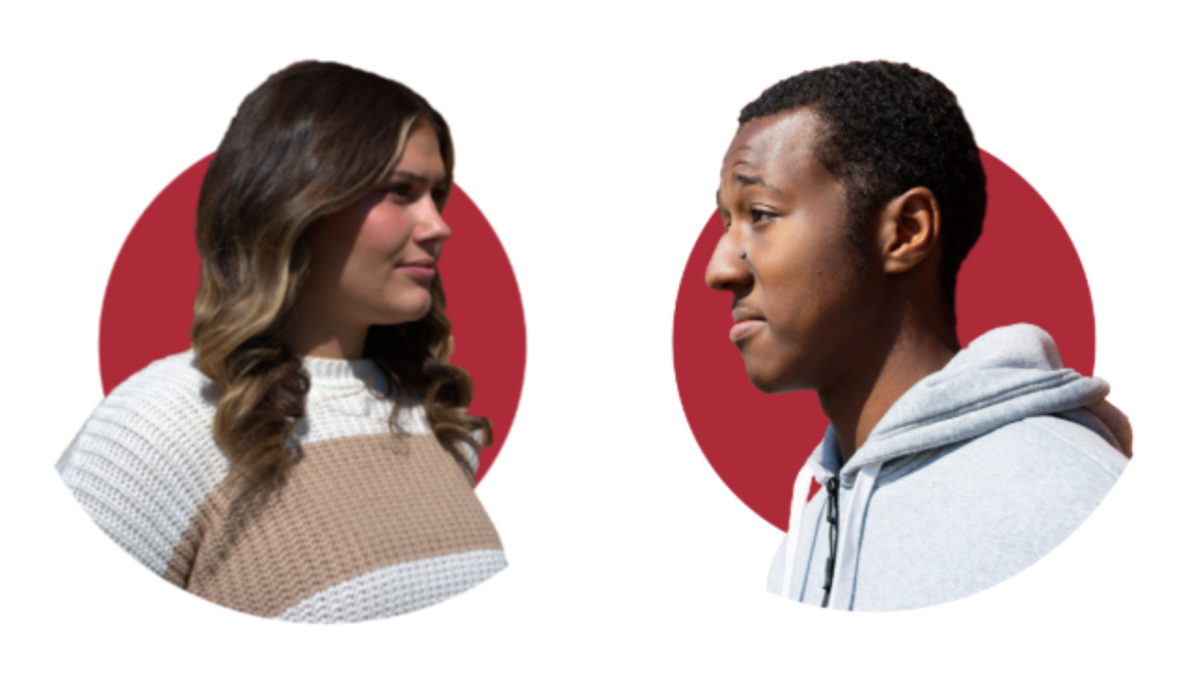



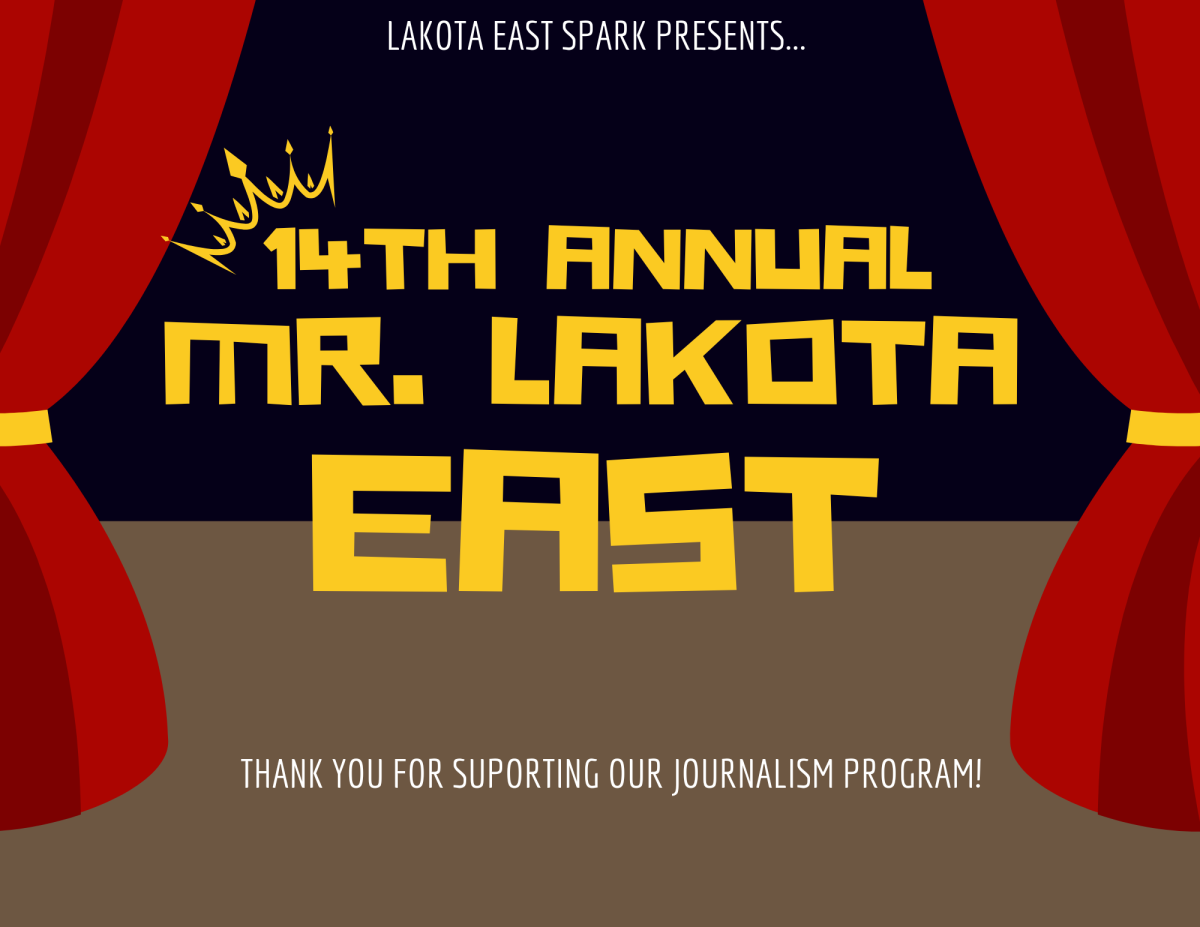



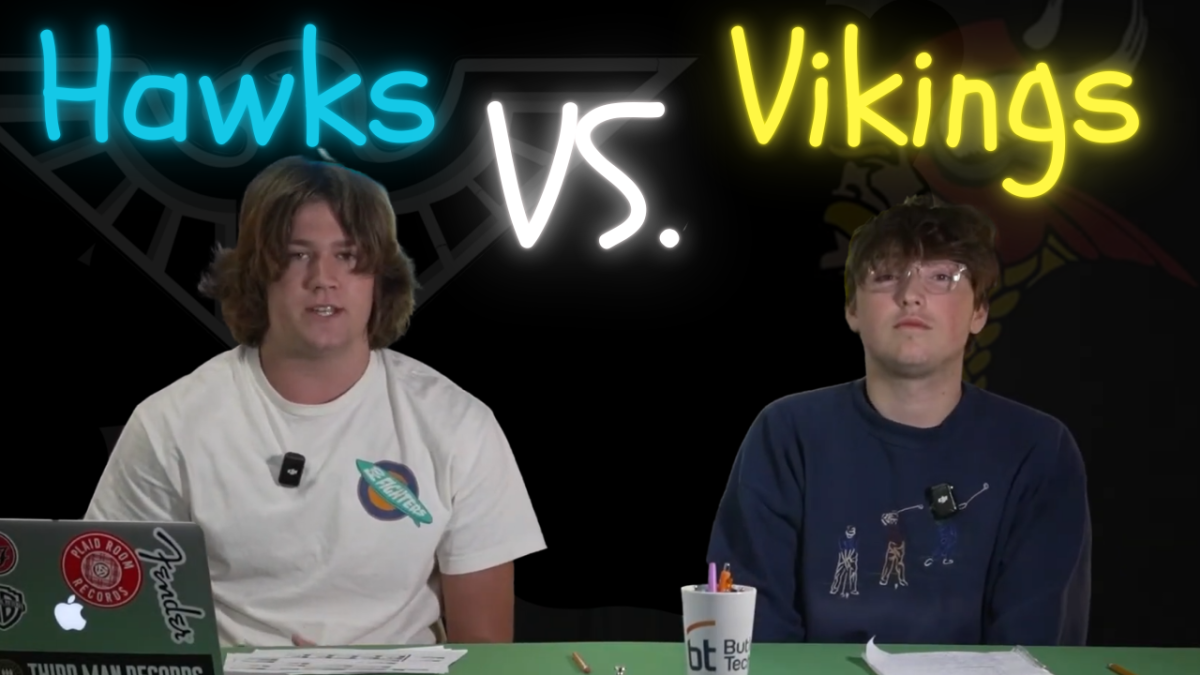
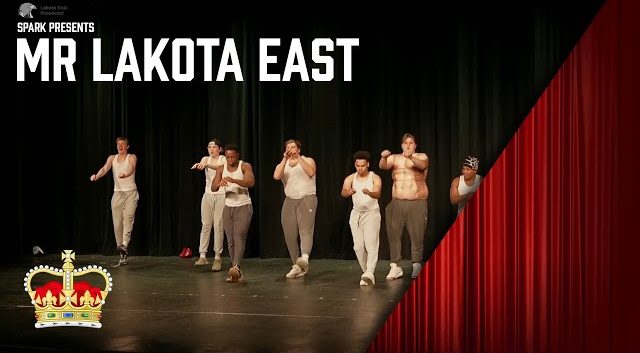

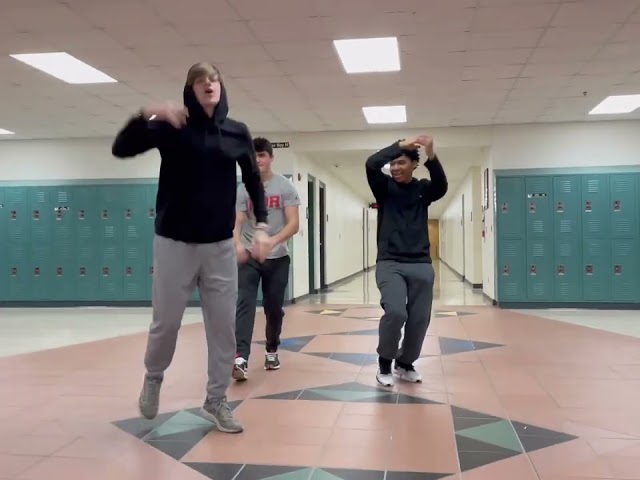




elliana celis • Oct 7, 2024 at 1:16 pm
still loving this. youre great girl.
Elliana celis • Oct 2, 2024 at 3:33 pm
wow amazing what a good piece, that baddie knows how to tell a story!
this beautiful display of writing perfectly encapsulates the harm of child labor and exploitation in the modern context of YouTube and social media today. Wow! You the best, mama!